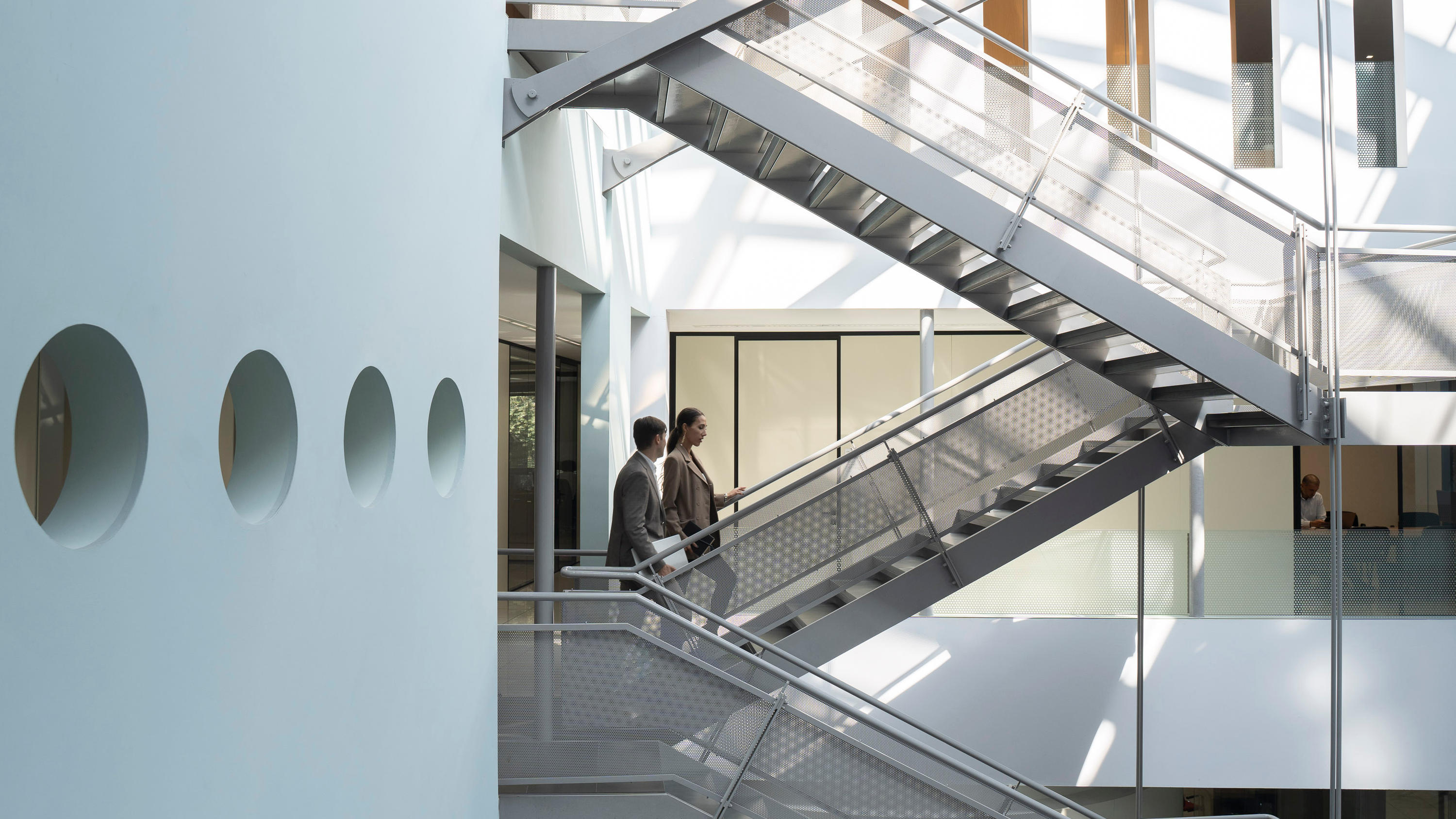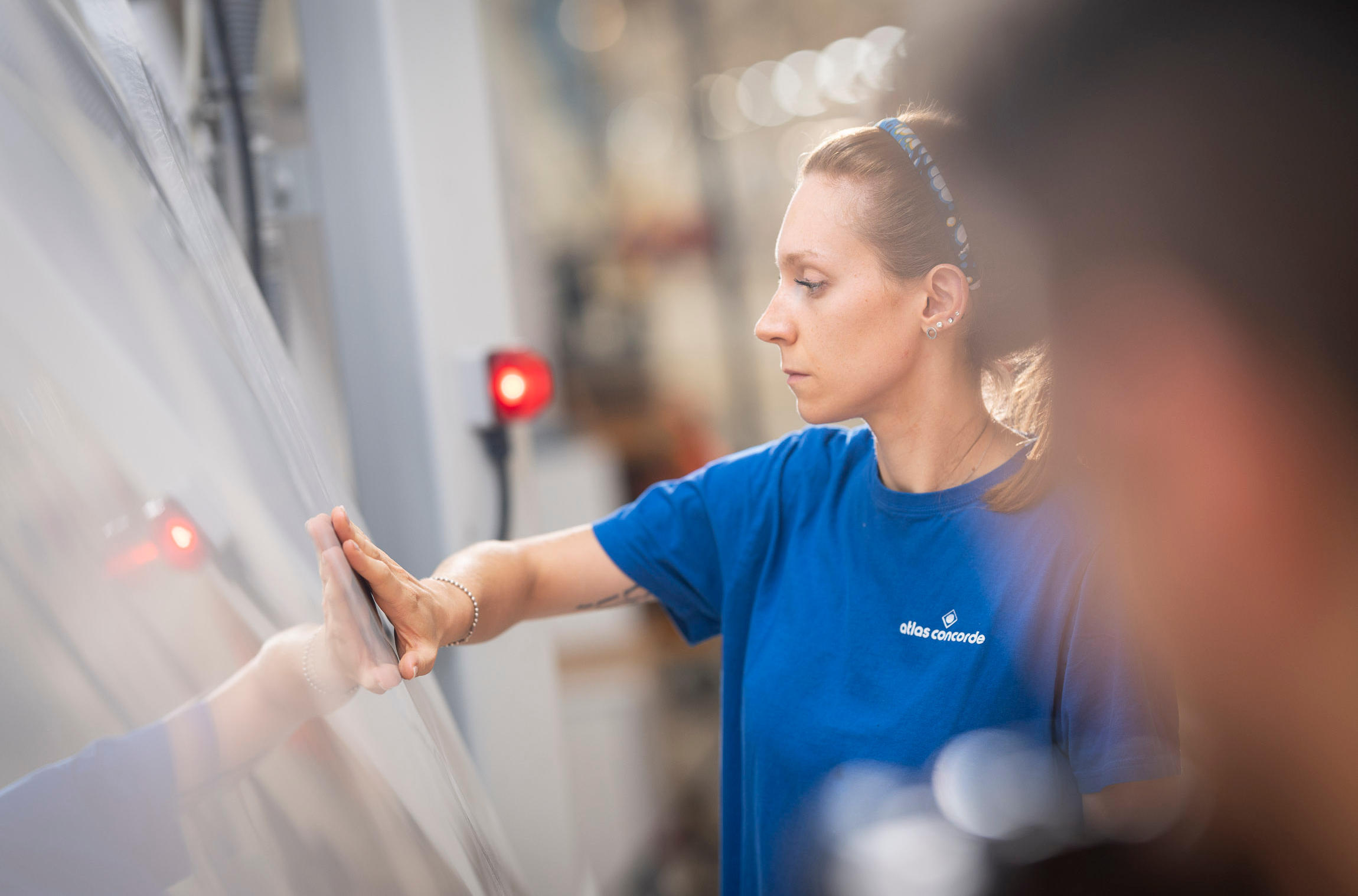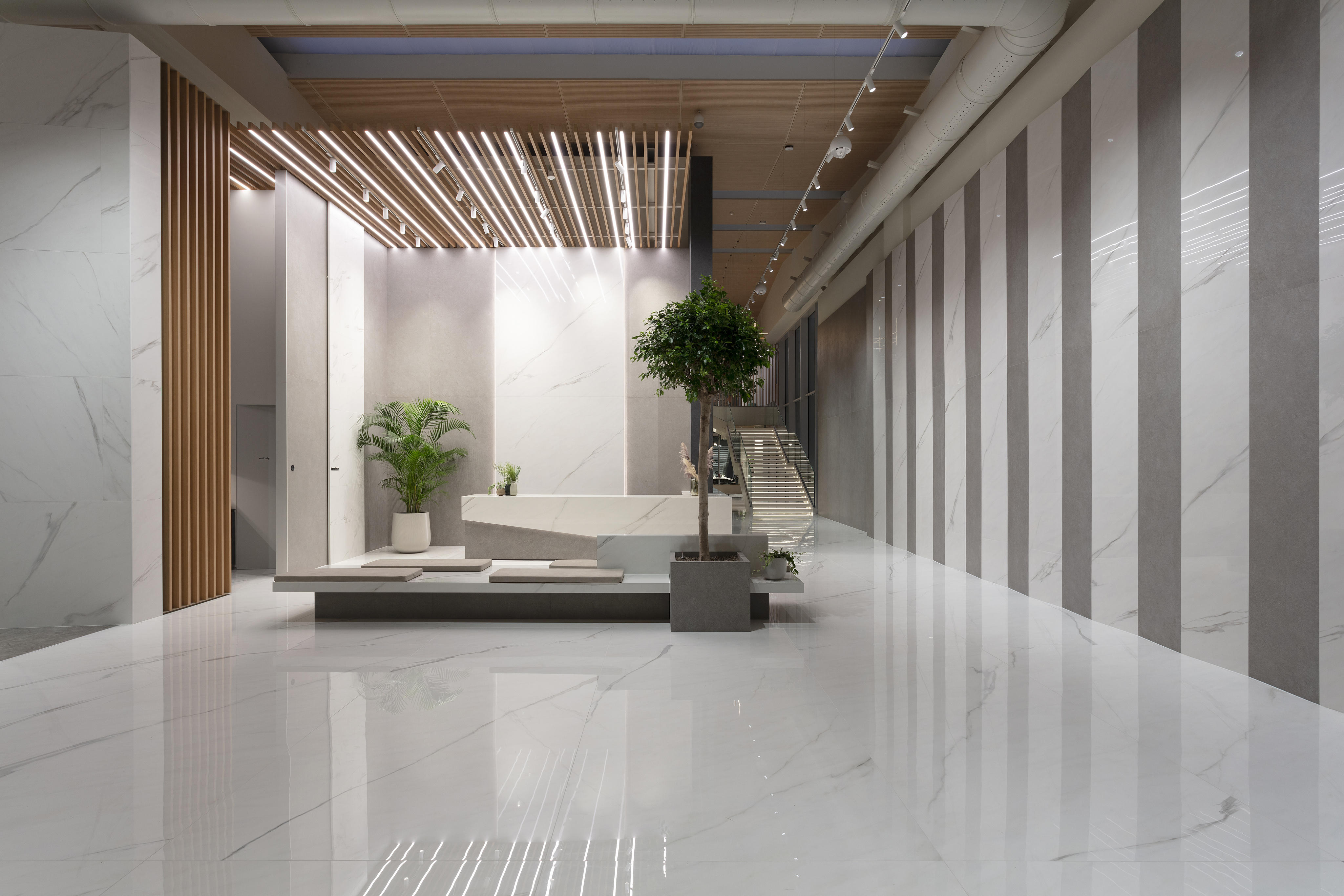Today, decorating the rooms of your home requires a lot of attention and a capacity to blend performance and beauty: two properties that achieve levels of excellence in porcelain tiles.

Trend
Durability, safety, and hygiene: why choose porcelain tiles
11 June 2021
They tell the story of living rooms, bathrooms, kitchens and outdoor spaces. The porcelain stoneware surfaces and white-body wall tiles interact with the architecture, blending the designer's vision with the spirit of the place. Thanks to the look of the collections and the materials that inspire them, they interpret style and convey elegance, tradition and modernity. Can a material with such strong aesthetic appeal also be an expression of performance and technical values such as resistance and hygiene? To discover some of the secrets of porcelain stoneware, Michele Fiorenzi, head of the R&D department at Atlas Concorde, takes on the role of an unconventional Virgil to guide us on a journey of discovery through the structure of the material.


Durability: how porcelain tiles are made.
The durability of porcelain tiles is a consequence of their most important structural characteristic: their compactness. It all starts with the method of production and the so-called greification process. Raw materials like clay, sand, and feldspar (one of the largest families of minerals) are first ground up, mixed, and then compacted. The comes the most crucial phase: firing. The compacted materials are fired in kilns that can be more than 100 meters long with a temperature that gradually reaches around 1100 degrees Celsius. What happens along these 100 meters is the greification of the mass: the partial melting of the clays inside to create an extremely compact material that is able to withstand high loads and scratches. This process results in hardness, mechanical durability, and chemical inertia, the DNA of porcelain tiles.
“In Atlas Concorde factories we have developed an optimal firing process that allows us to combine beauty with superior compactness and durability.”
Michele Fiorenzi Head of the Atlas Concorde R&D Department


Safety: how porcelain tiles protect against external agents.
If you look at the surface of a porcelain stoneware tile under a microscope, one thing is clear: there are no pores, holes or openings, except in such minimal quantities, in terms of size and frequency, as to be insignificant. The proof is that if the same tile is immersed in water, even boiling water, its weight changes by no more than 0.5% compared to its initial weight. This means that no water has actually entered the tile. An architectural material that does not absorb water protects against all the negative consequences of humidity, both indoors and outdoors, but that's not all: the same resistance is also evident against chemicals, dirt, stains and other elements that may come from outside.
Hygiene: how porcelain tiles help to sanitize spaces.
Using porcelain tiles for floors and walls lets you enjoy the benefits of their durability and compactness even when cleaning and sanitizing environments. On the one hand, ceramic floor and wall tiles can be easily cleaned with any type of detergent, for maximum levels of hygiene. On the other hand, the absence of porosity means that bacteria, mites, fungi, and molds, for example, can't adhere to the surfaces, nor can vapors, odors, or fumes.
“During the production process in Atlas Concorde factories we systematically test the conformity of the materials to guarantee the highest international quality standards.”
Michele Fiorenzi Head of the Atlas Concorde R&D Department
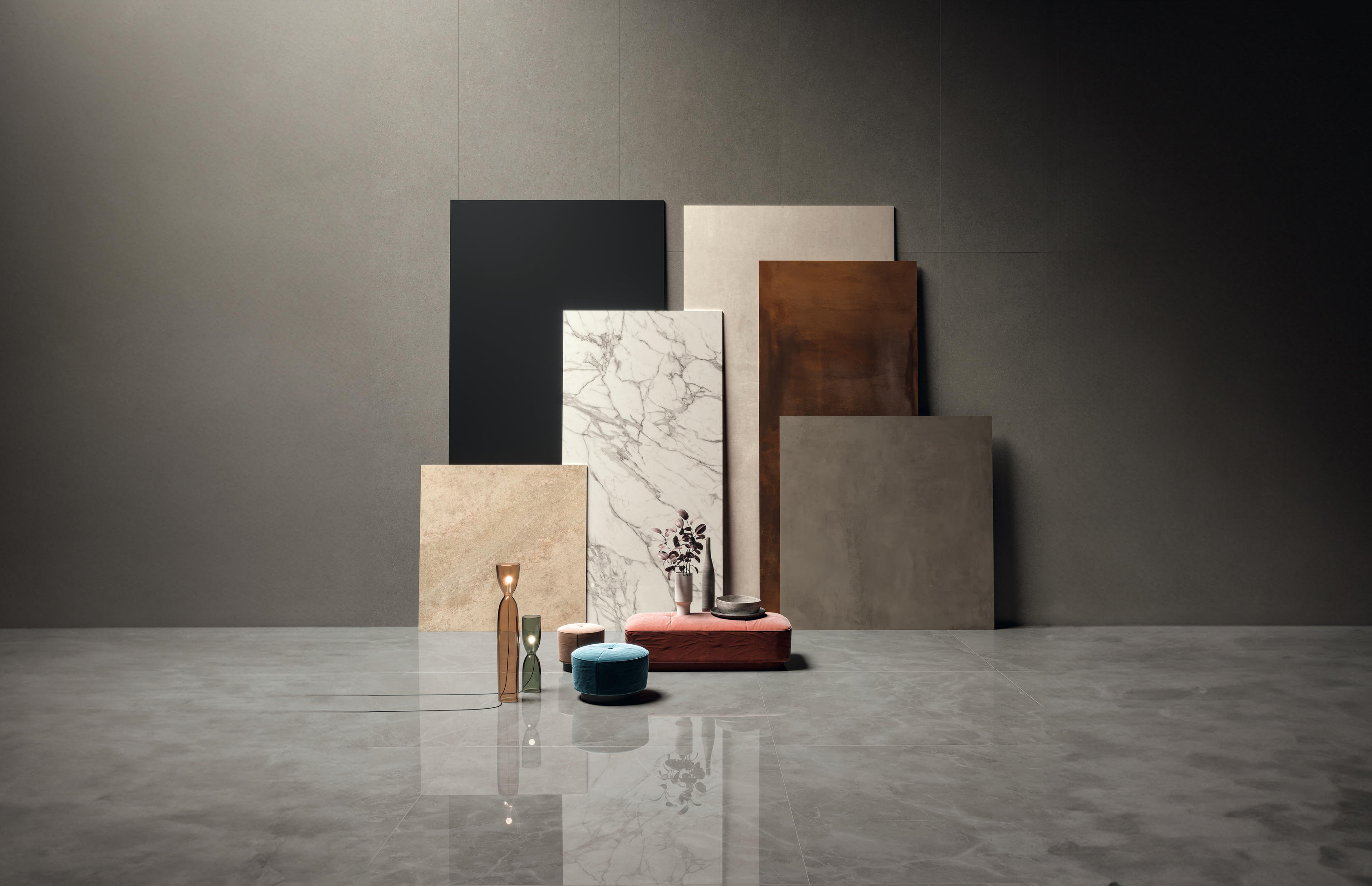





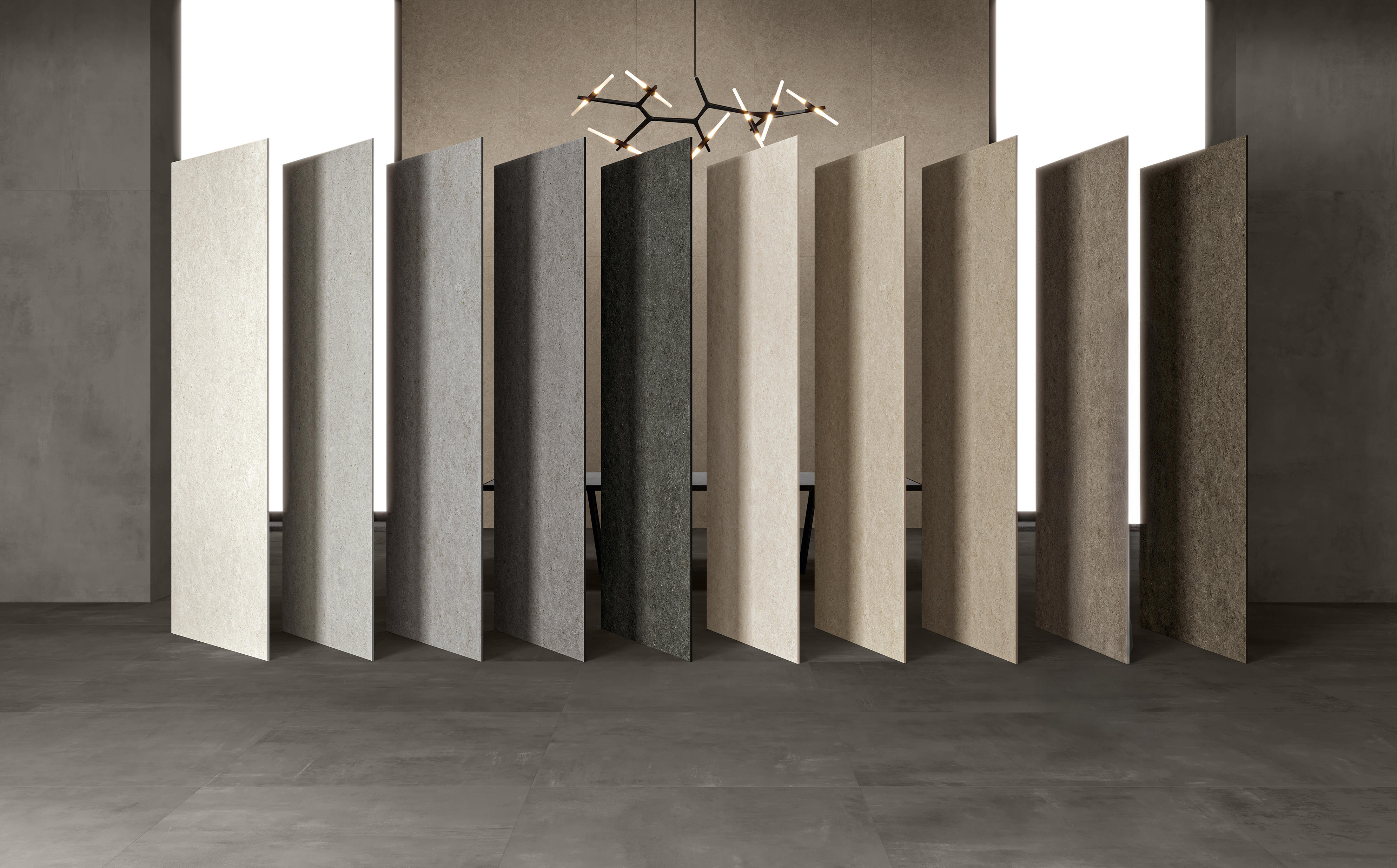


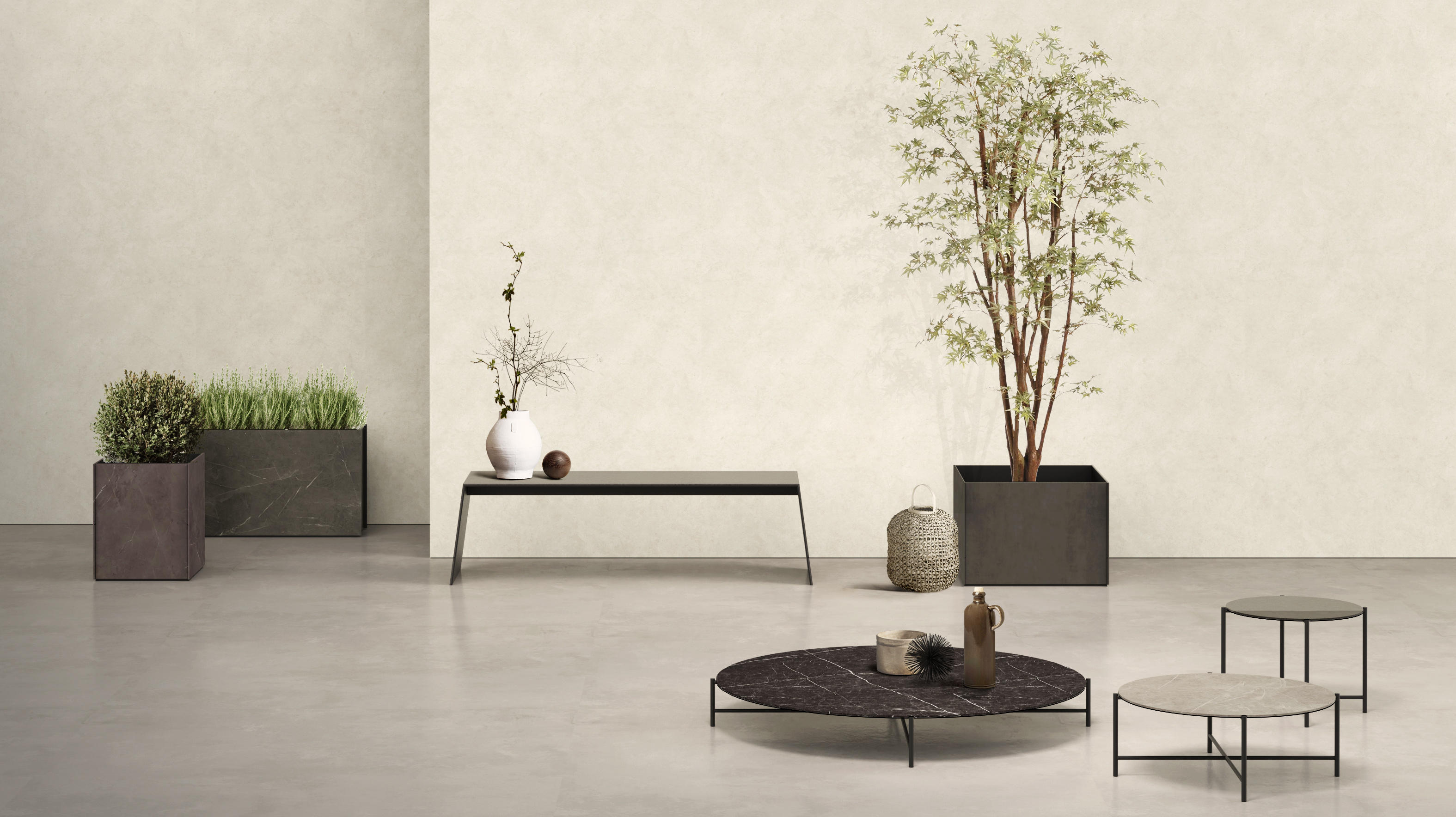



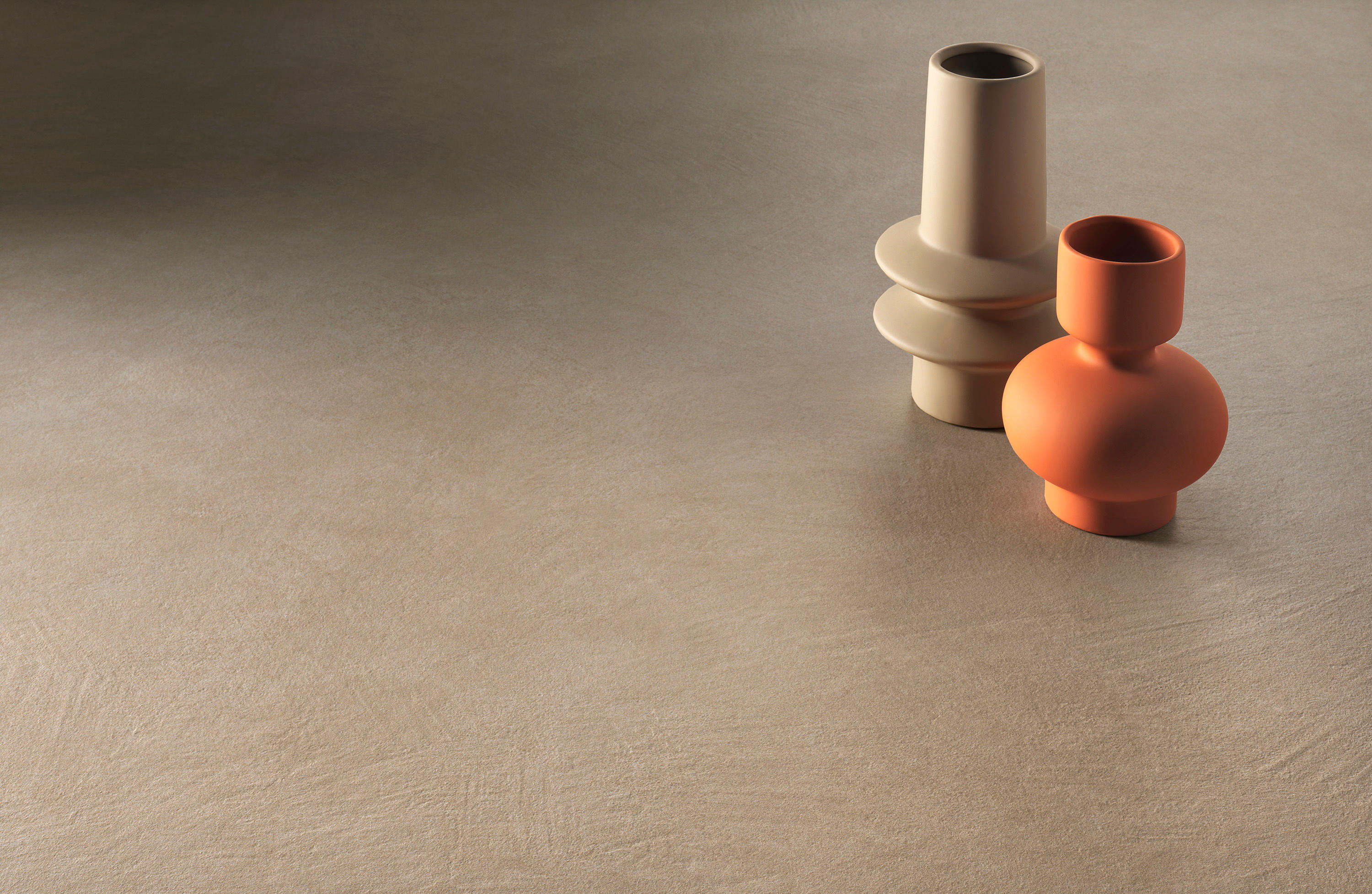










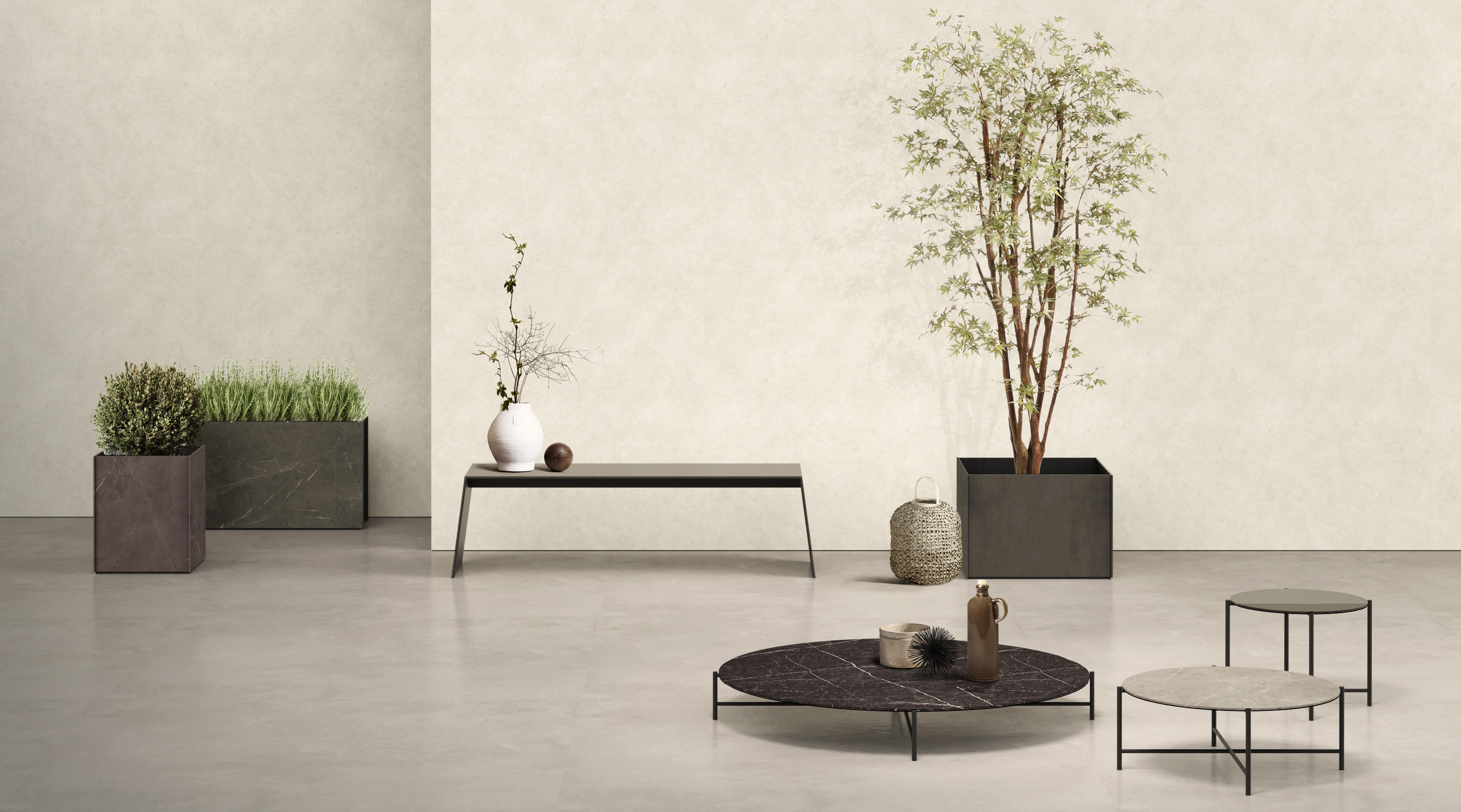













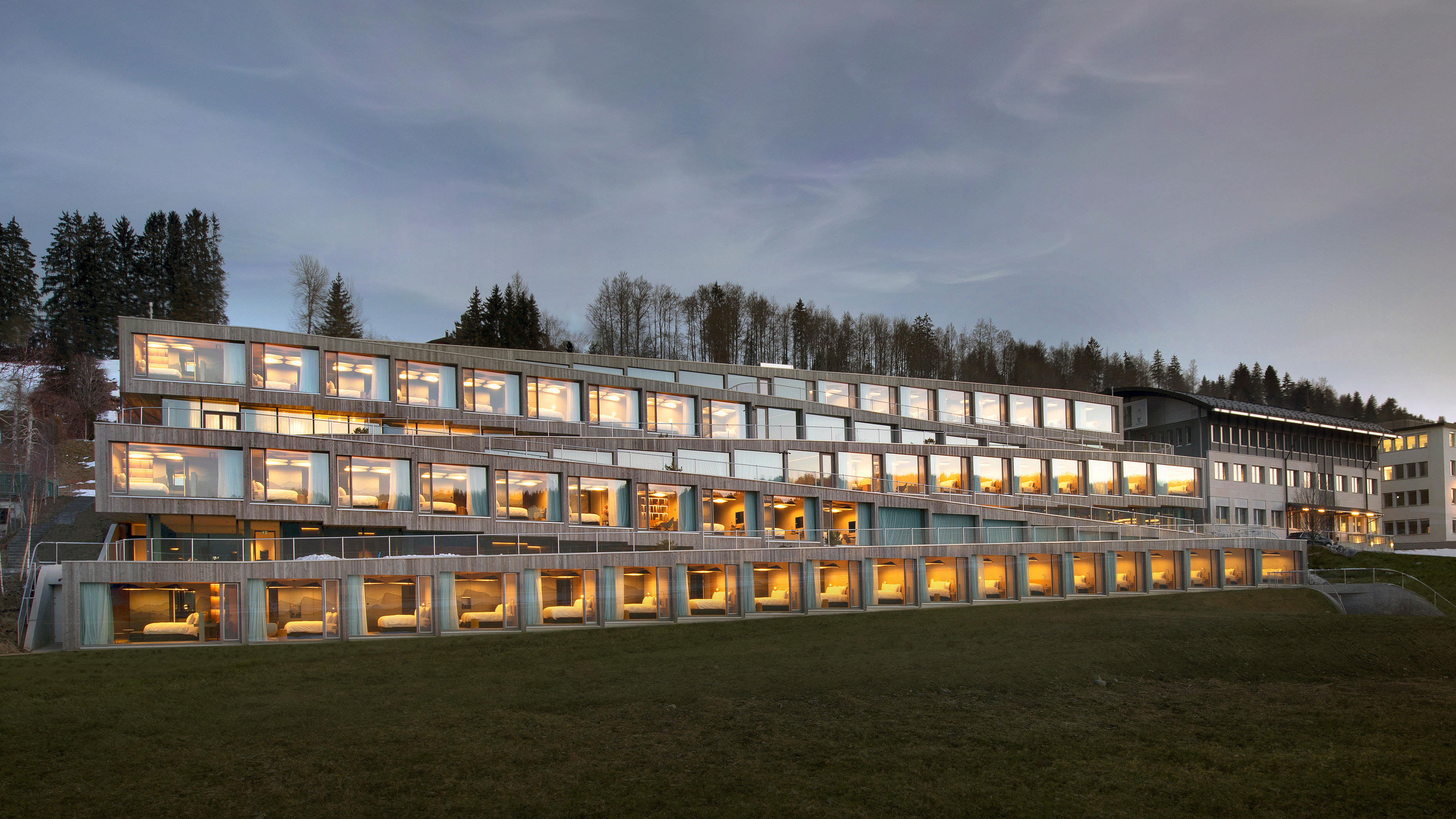
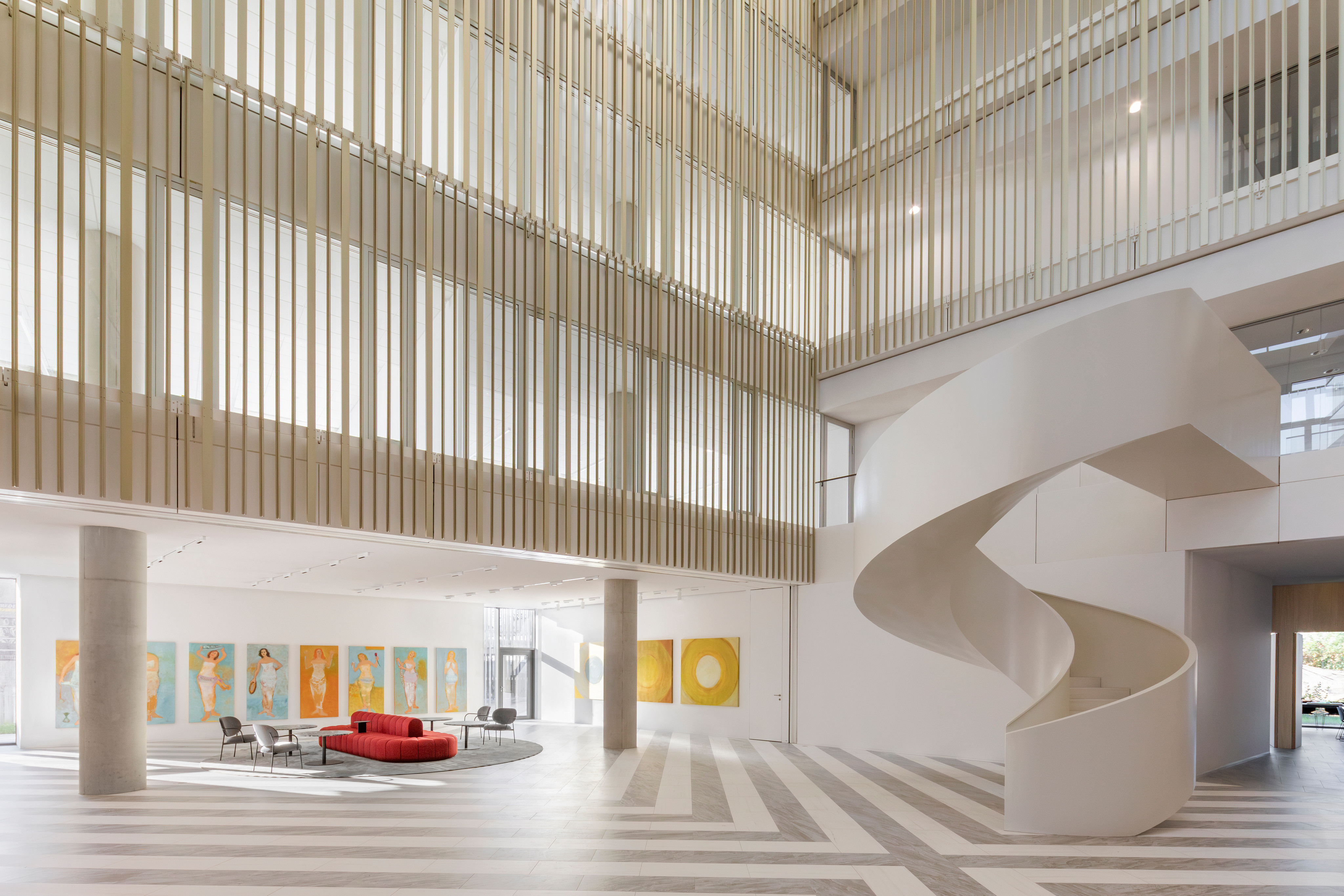.jpg?cropw=4096&croph=2654.2479700187387&cropx=9.695217308093677e-13&cropy=76.7520299812622&cropmode=pixel&quality=75#)
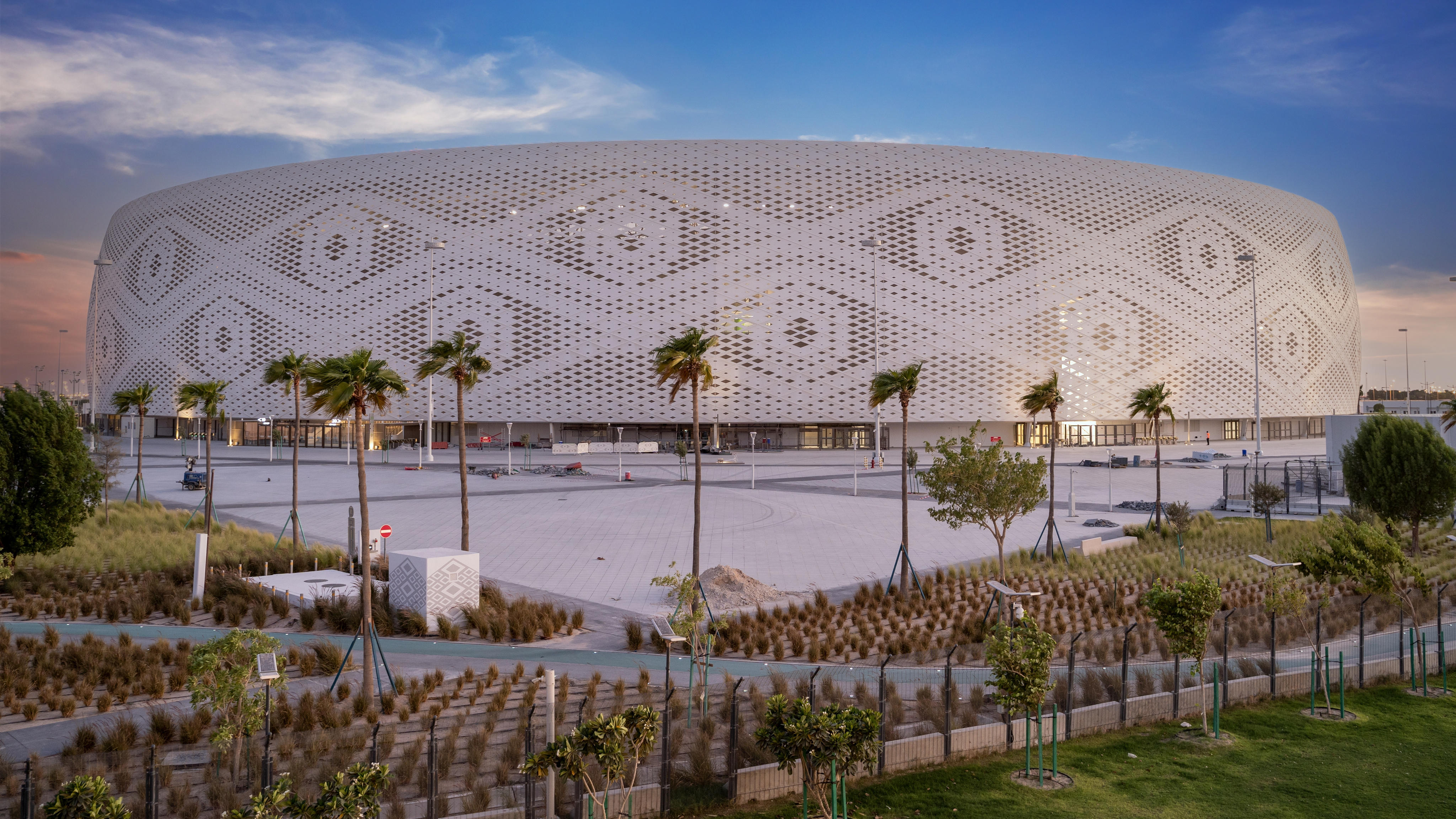









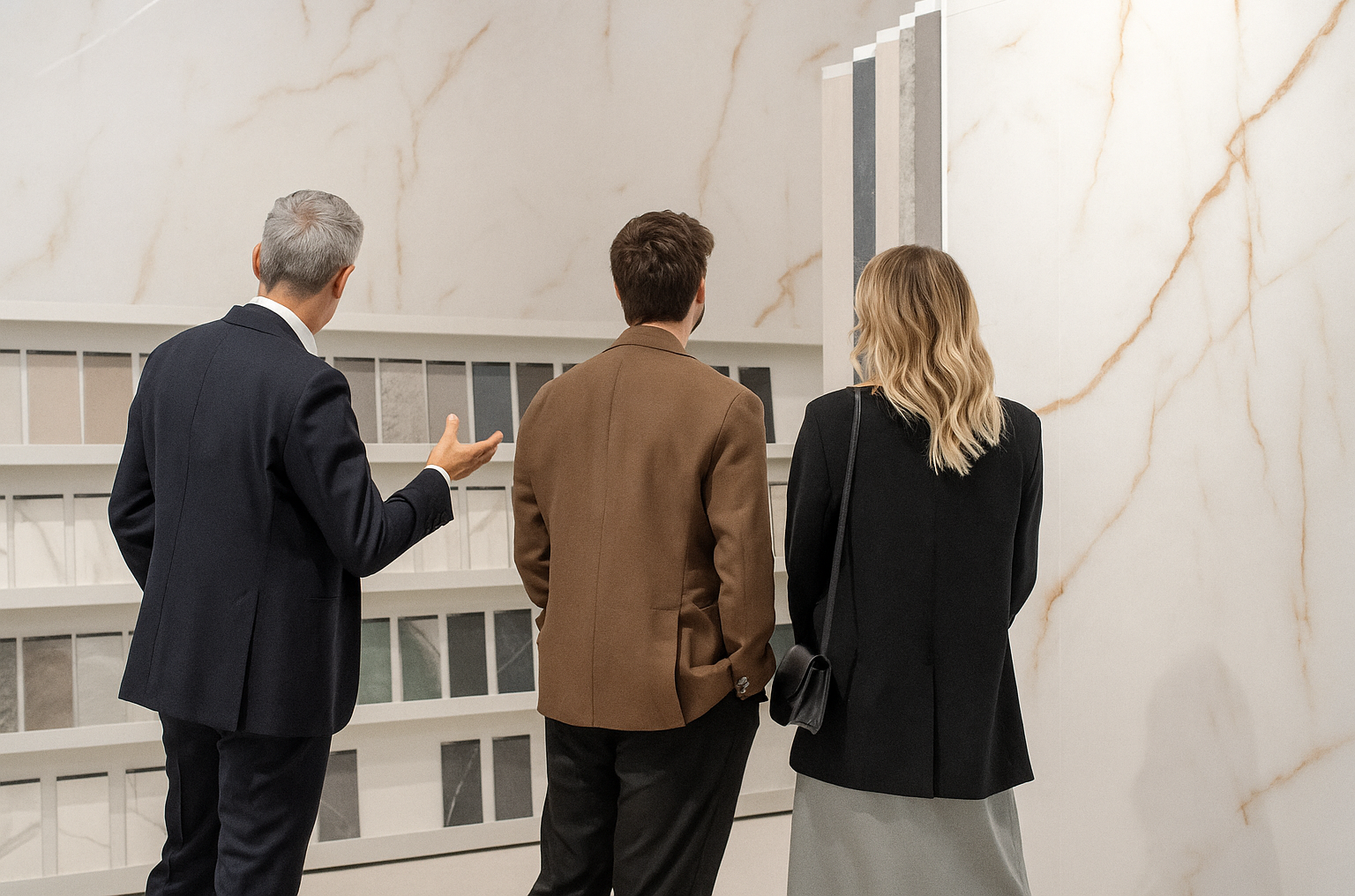
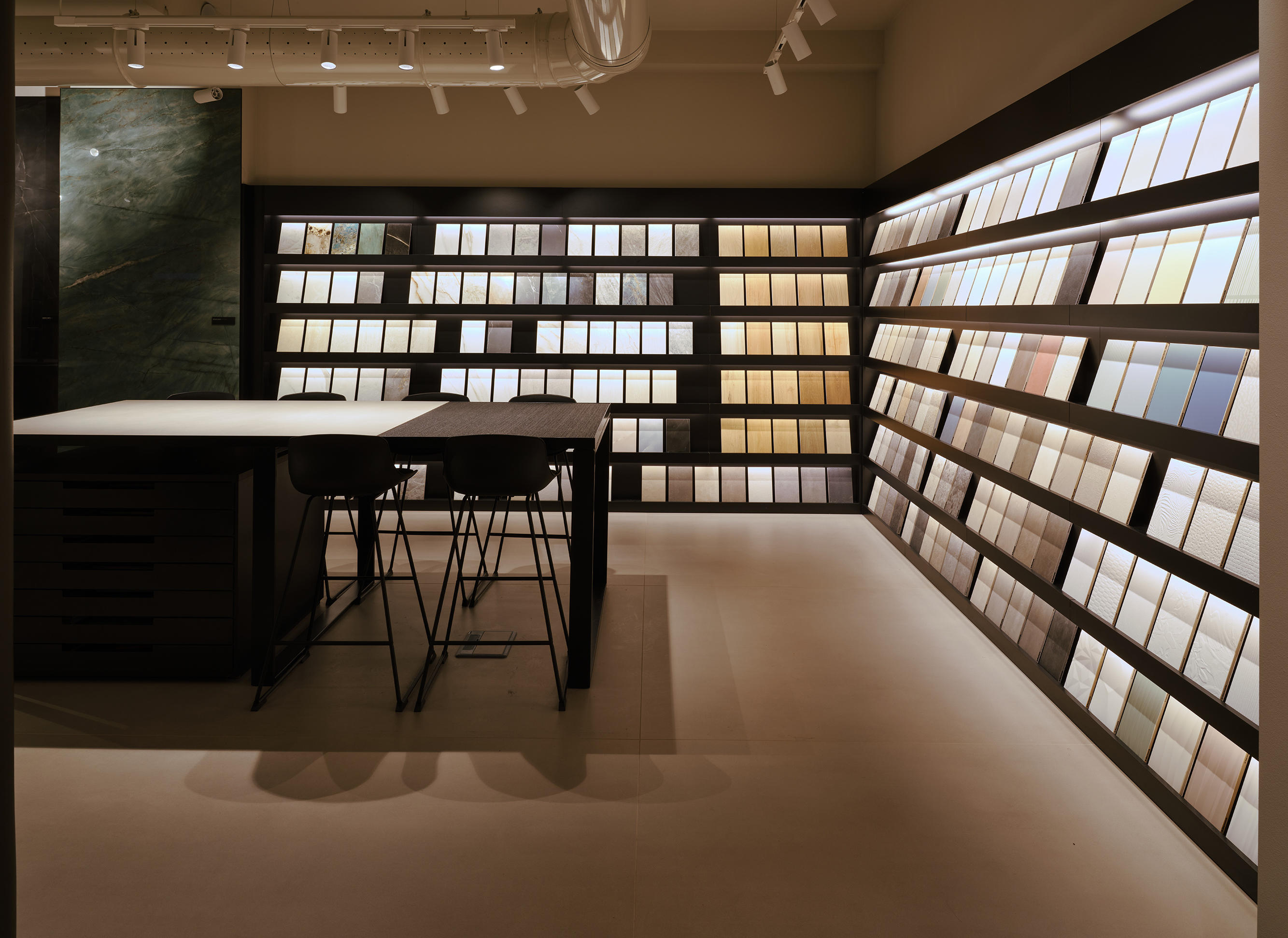
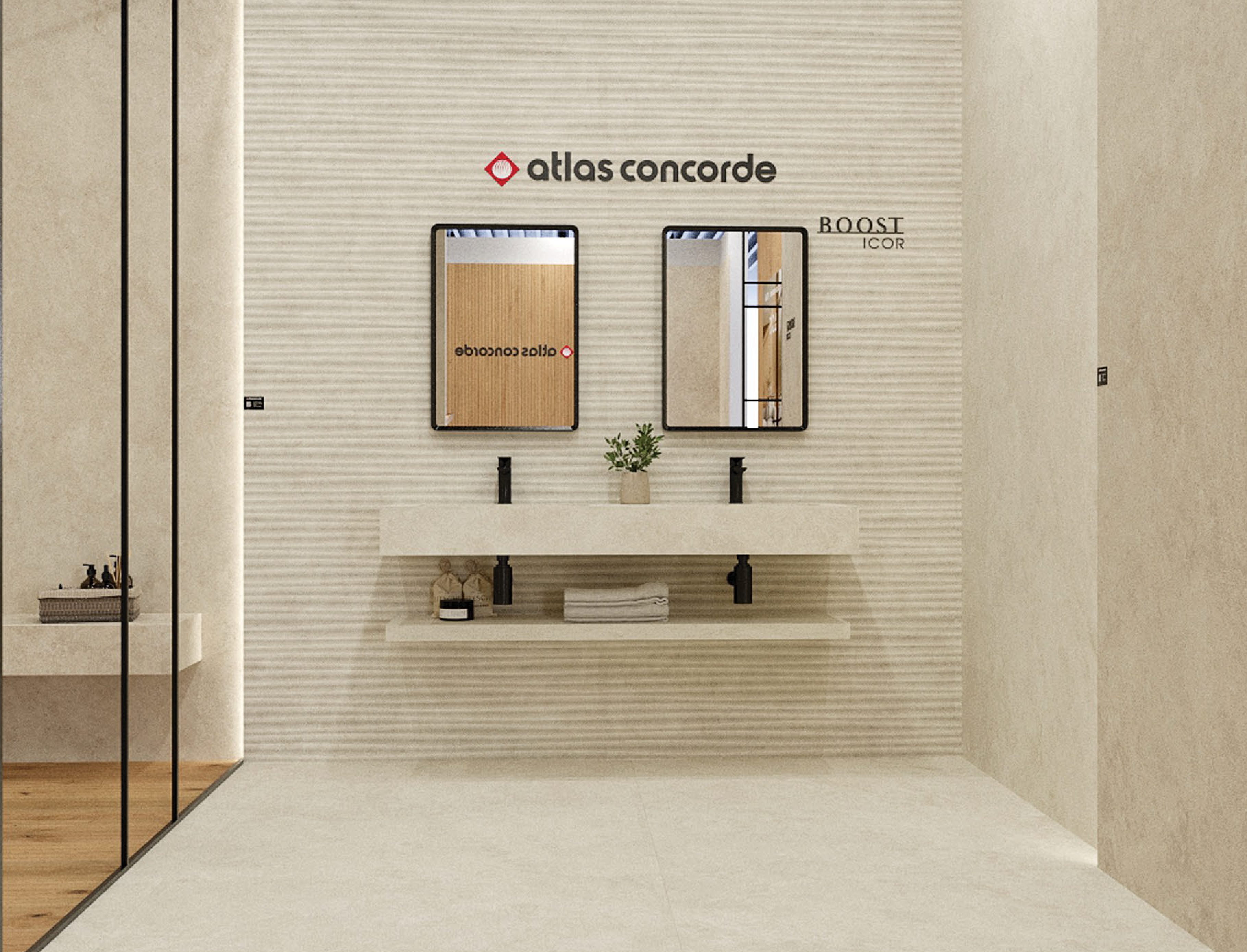
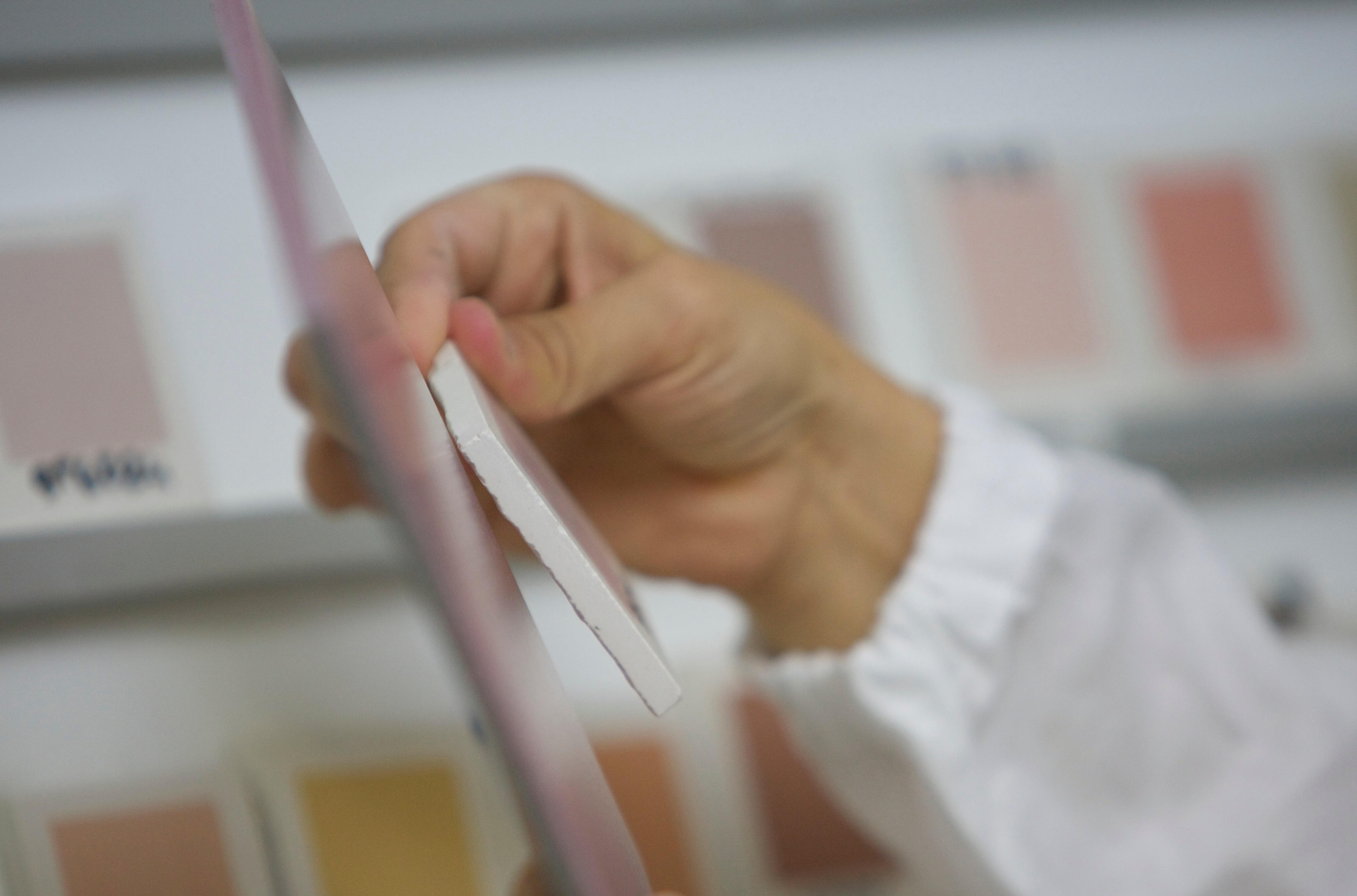
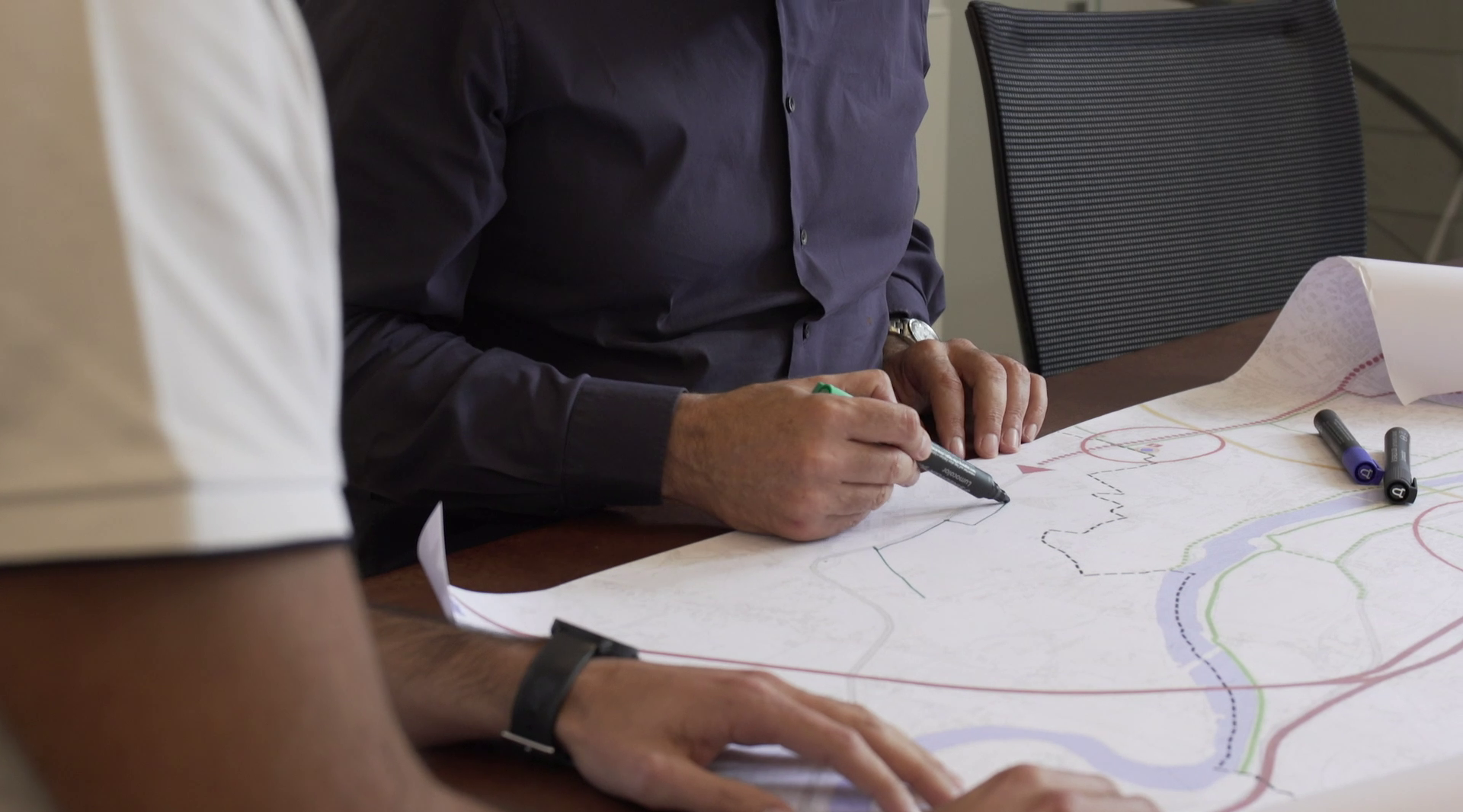

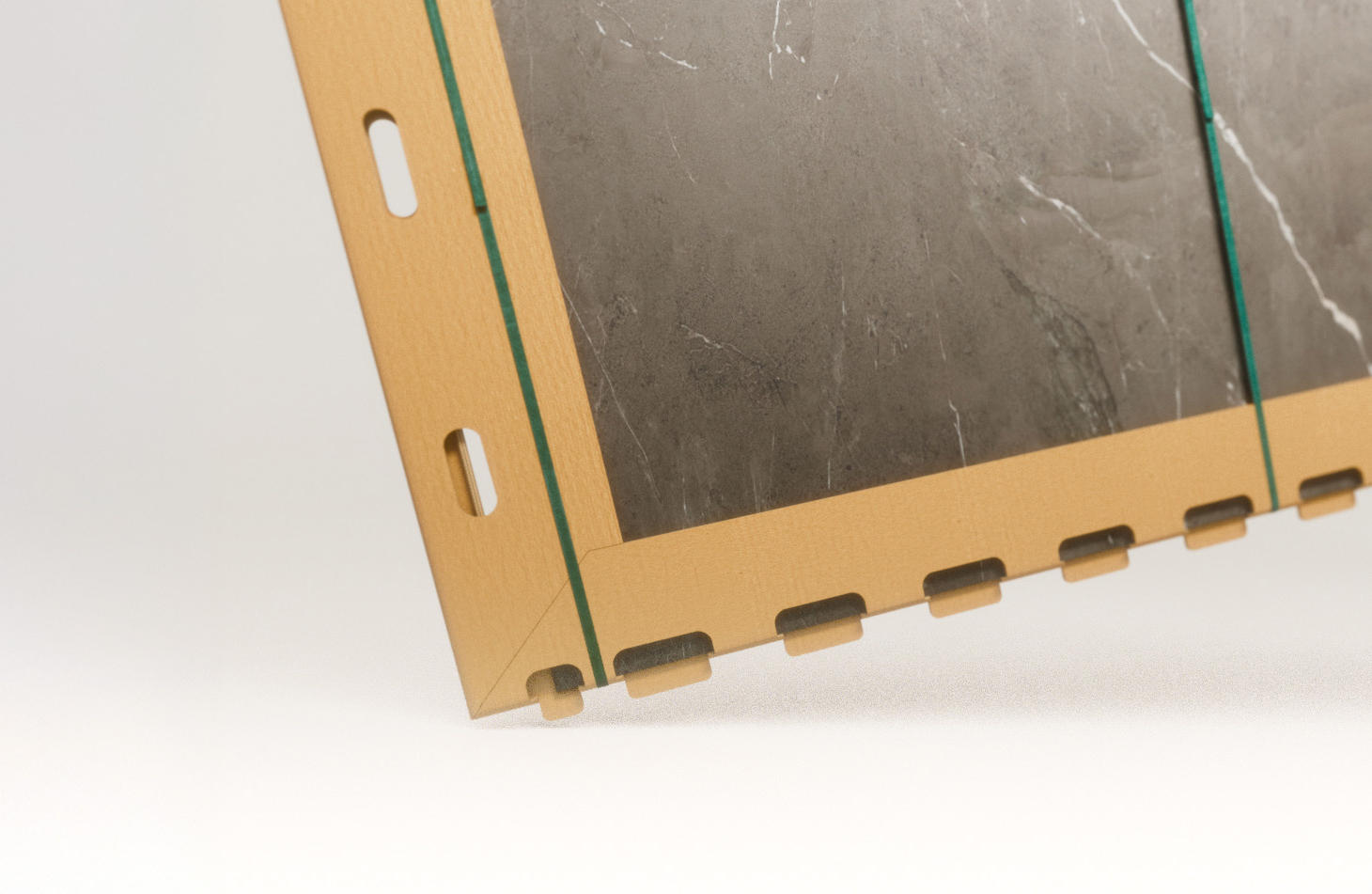
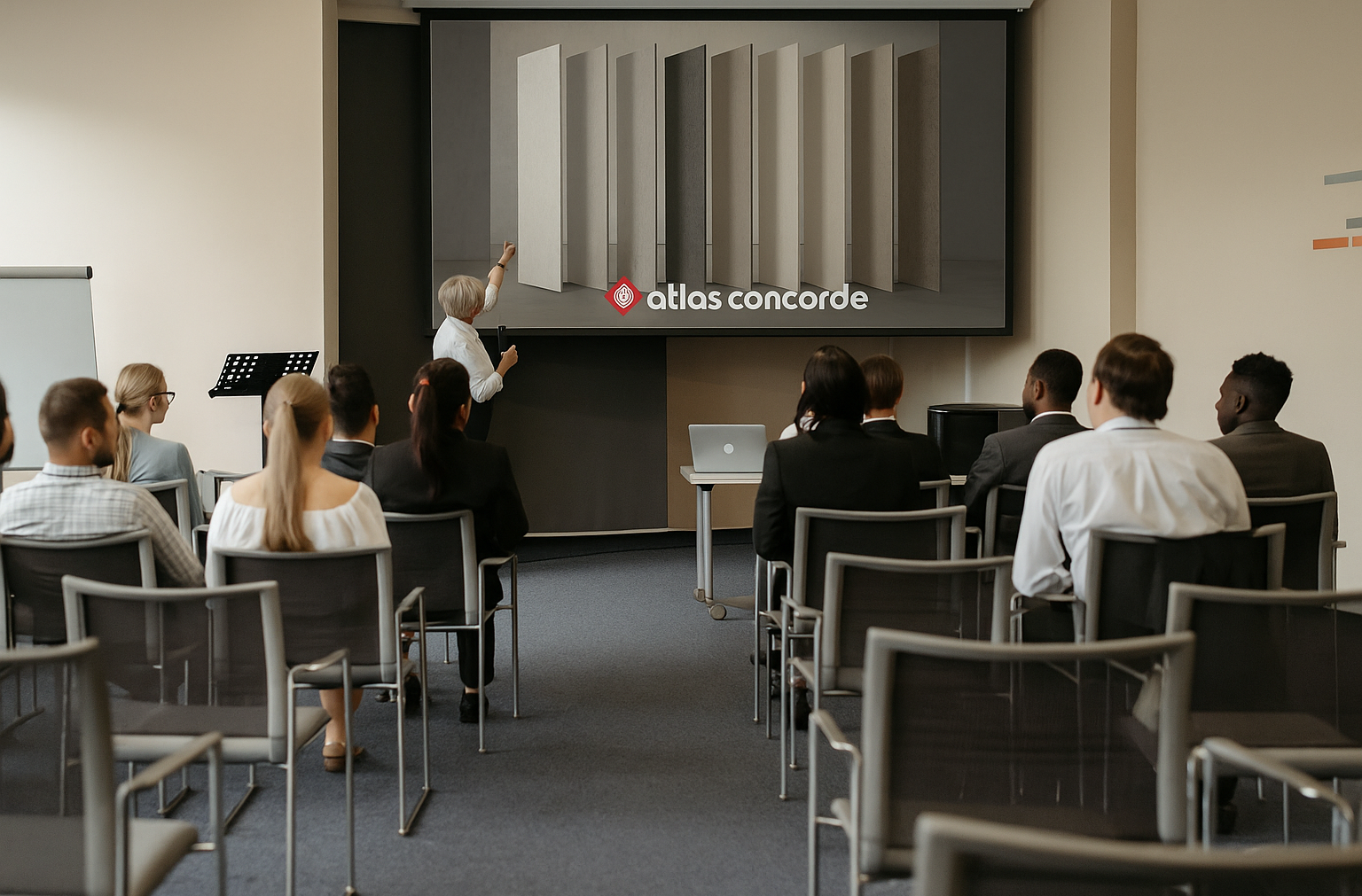
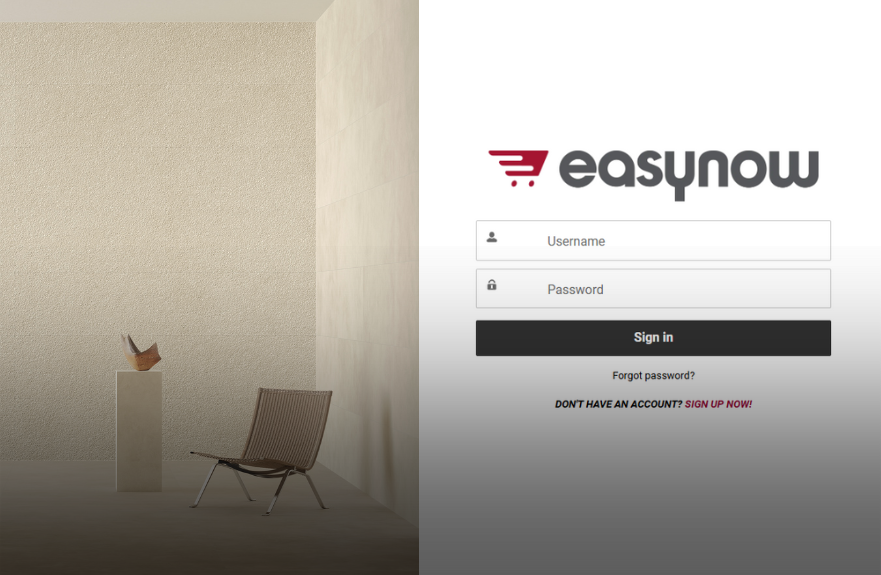

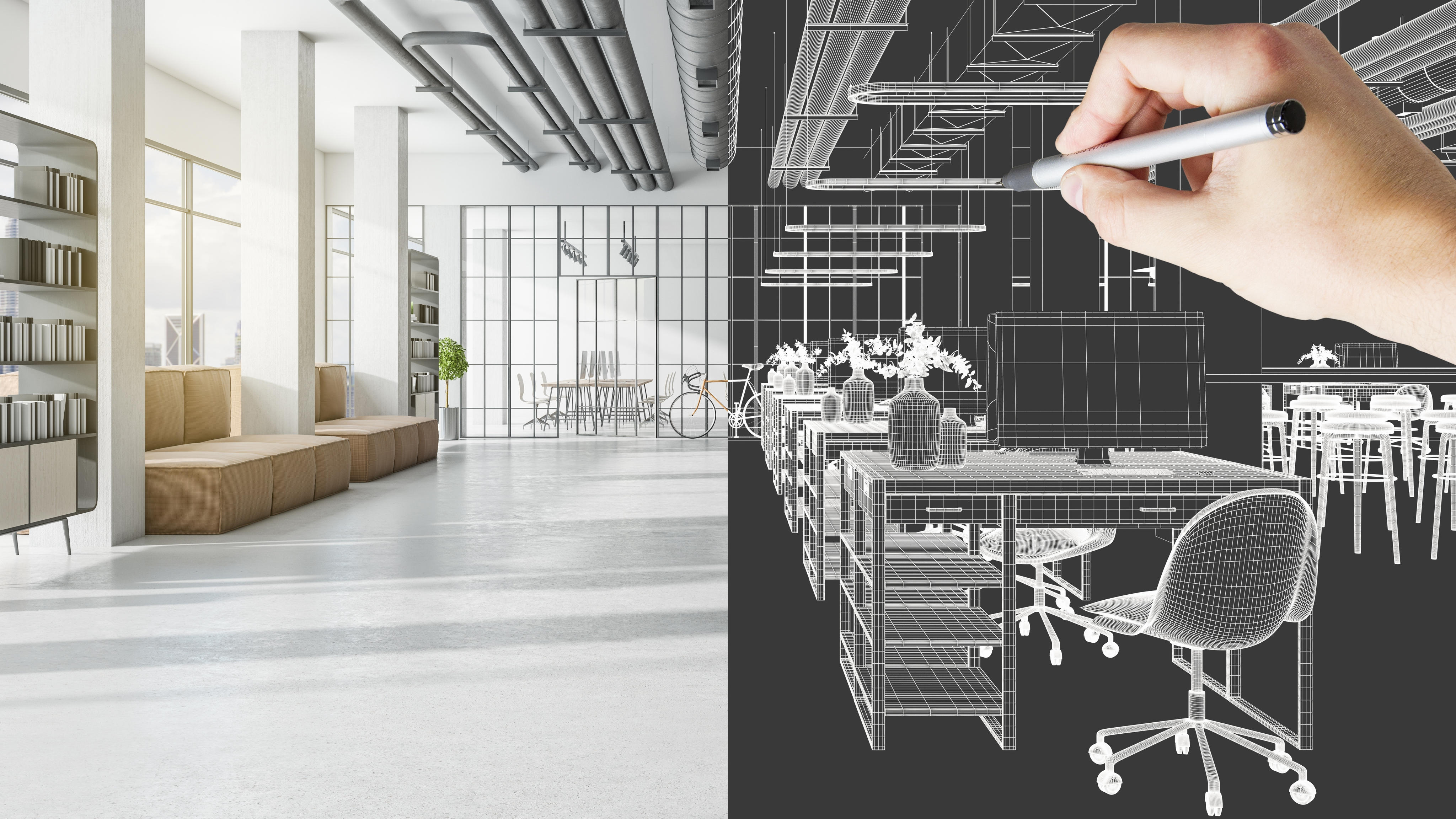
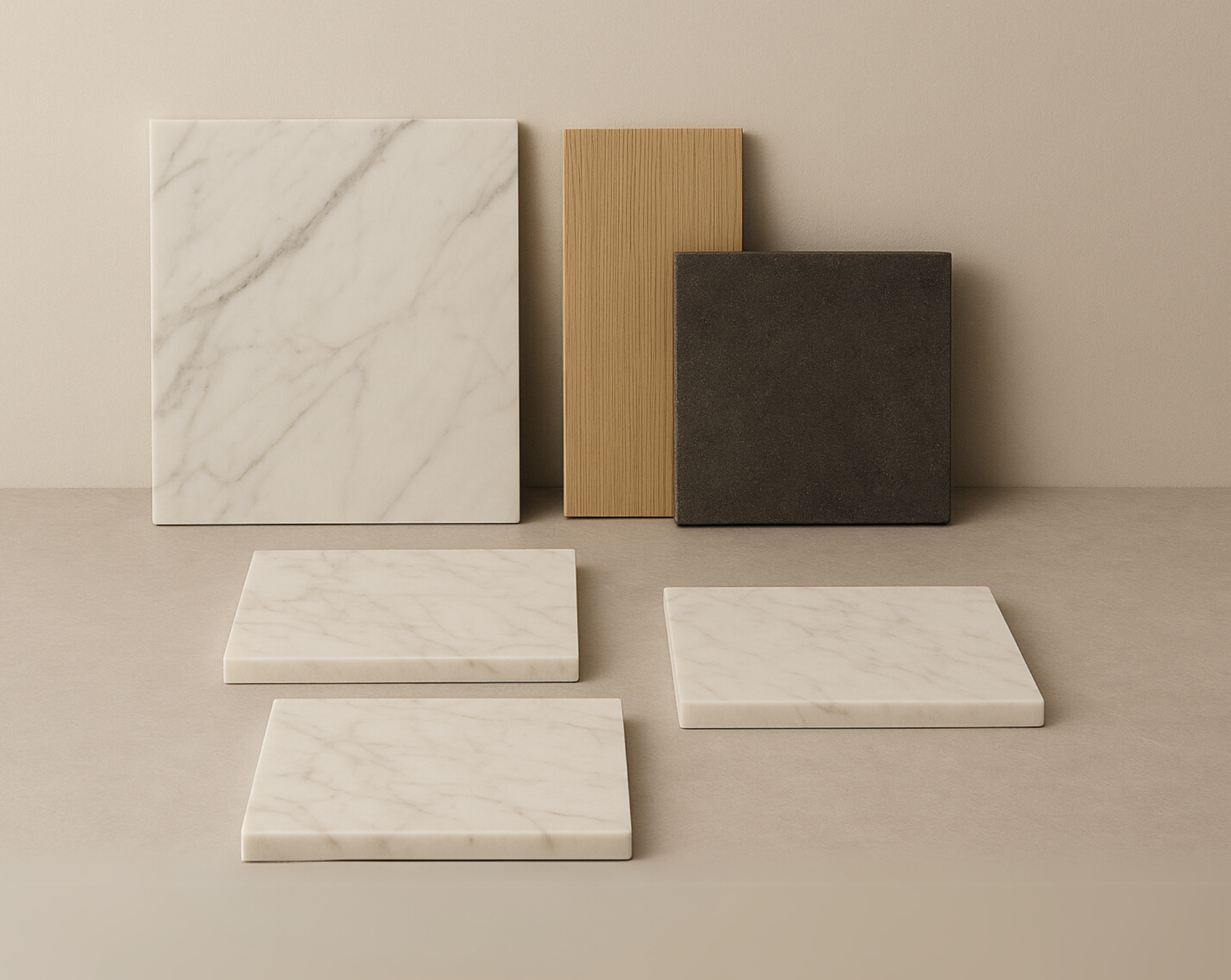

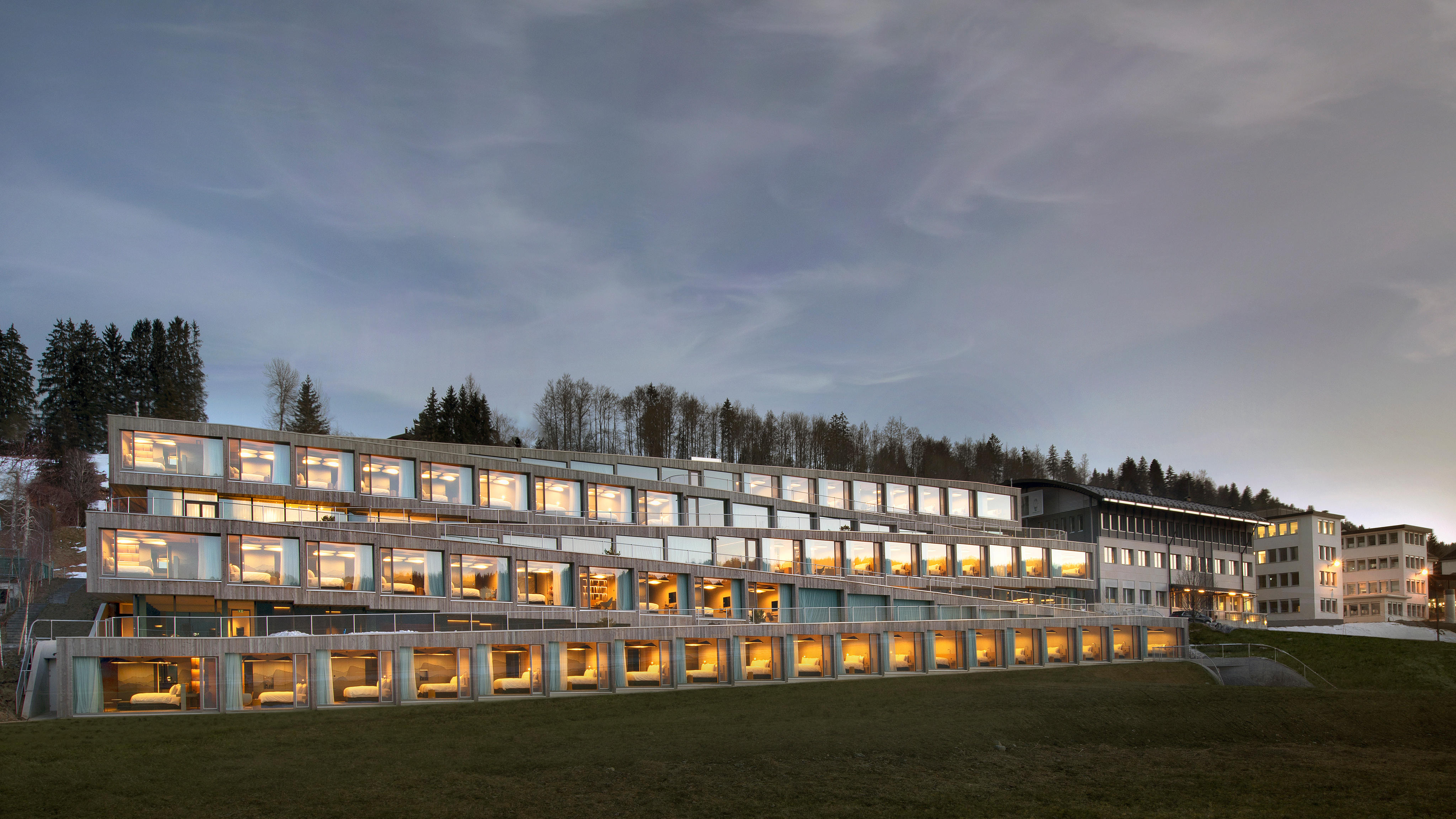
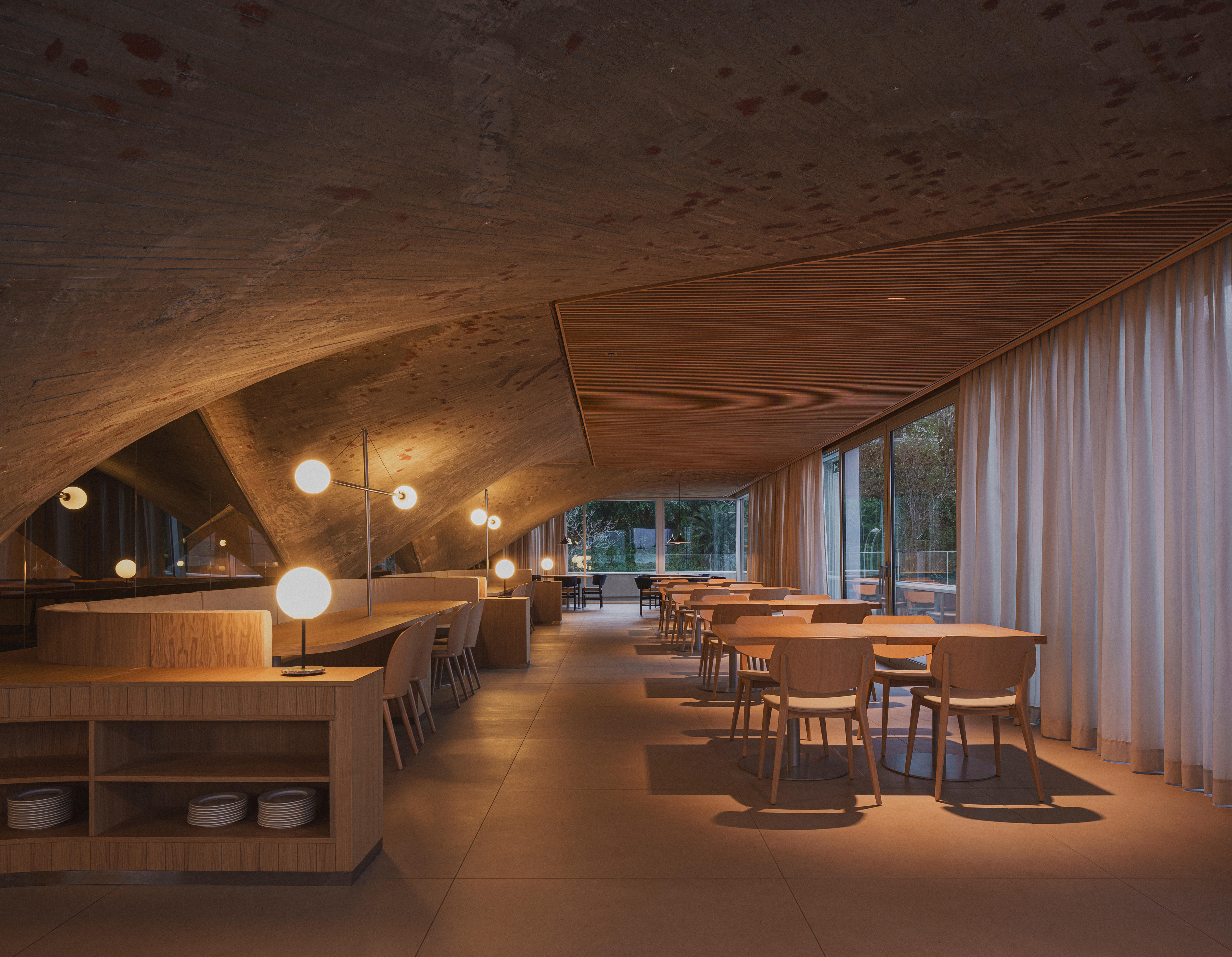
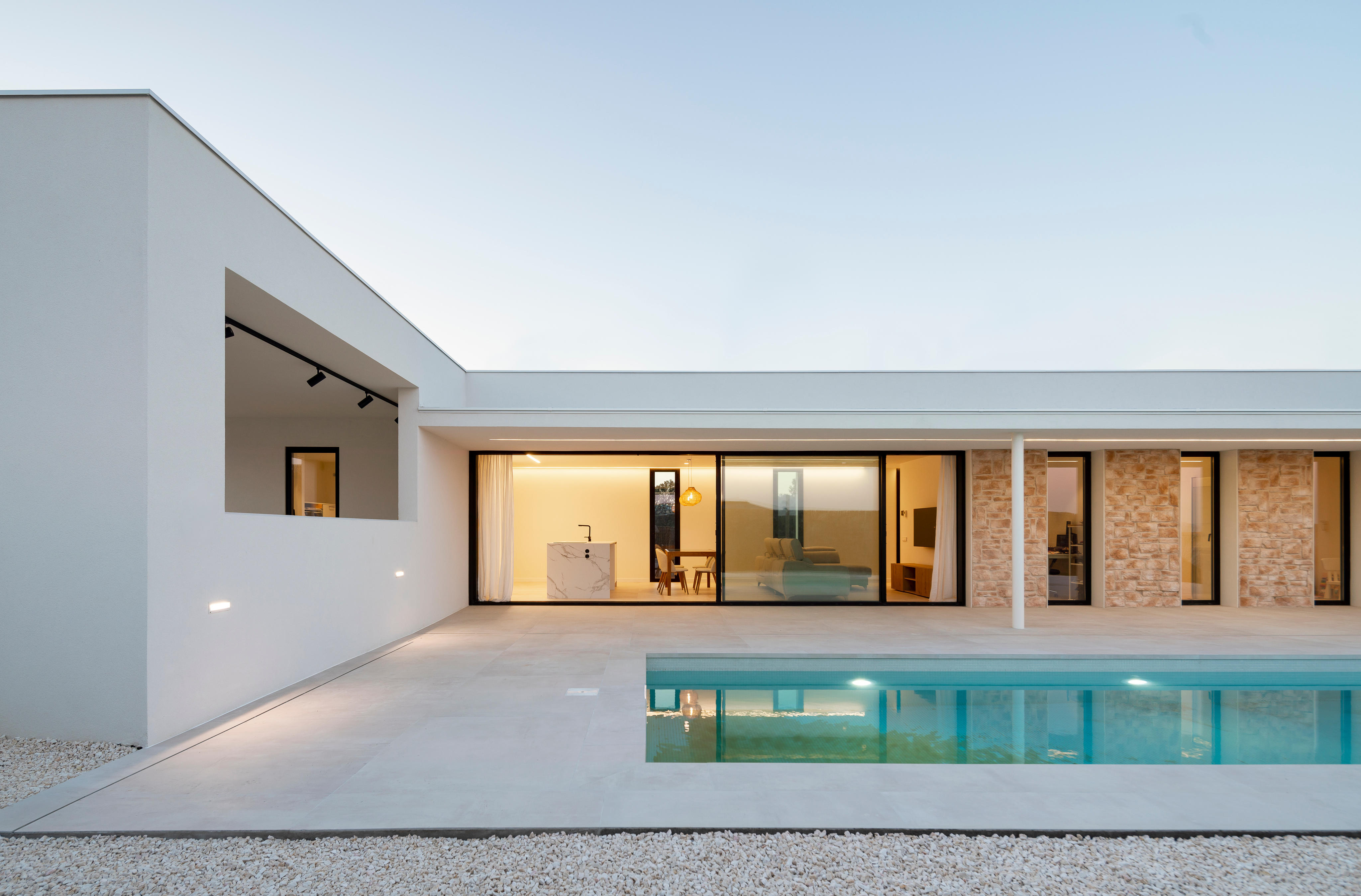
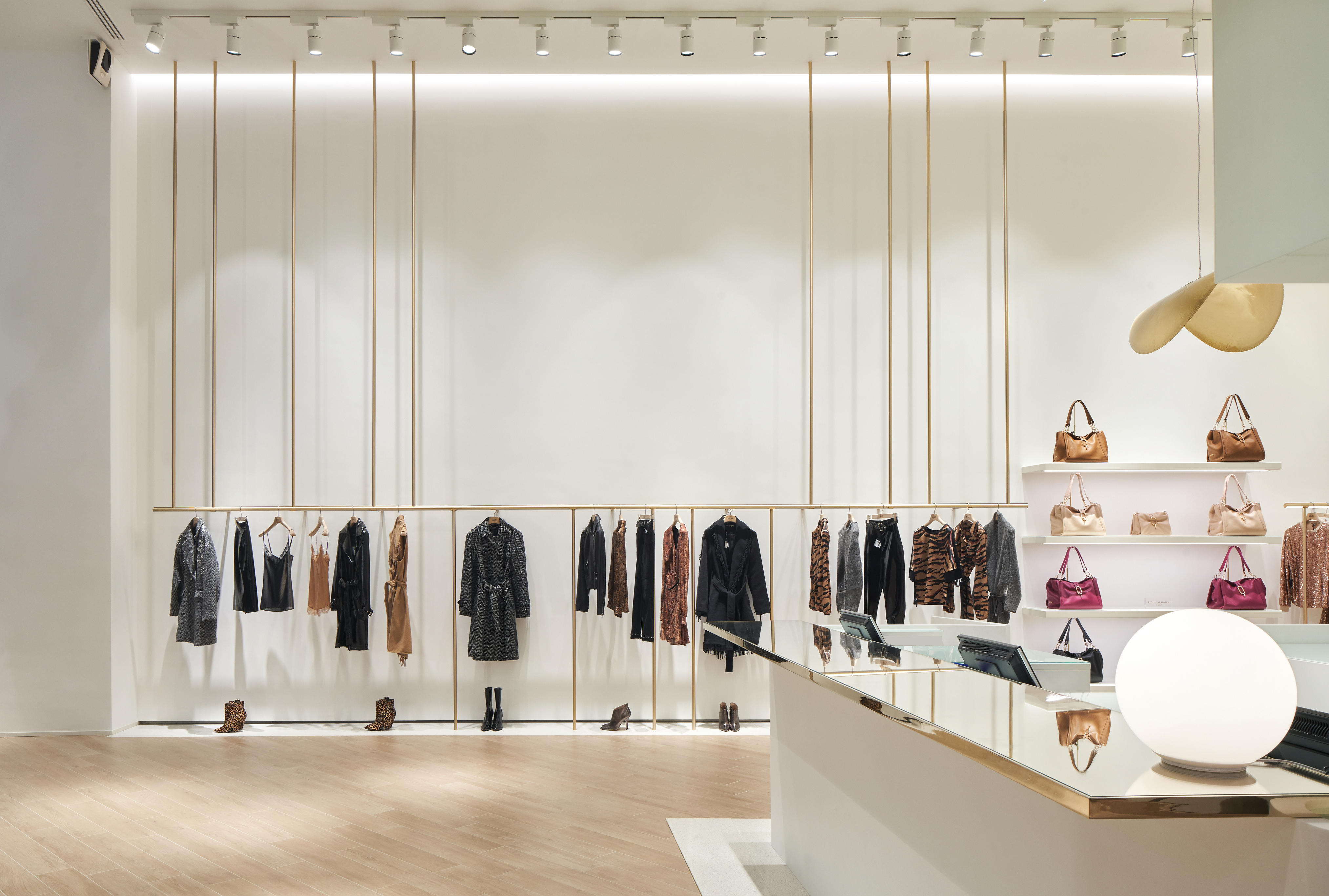
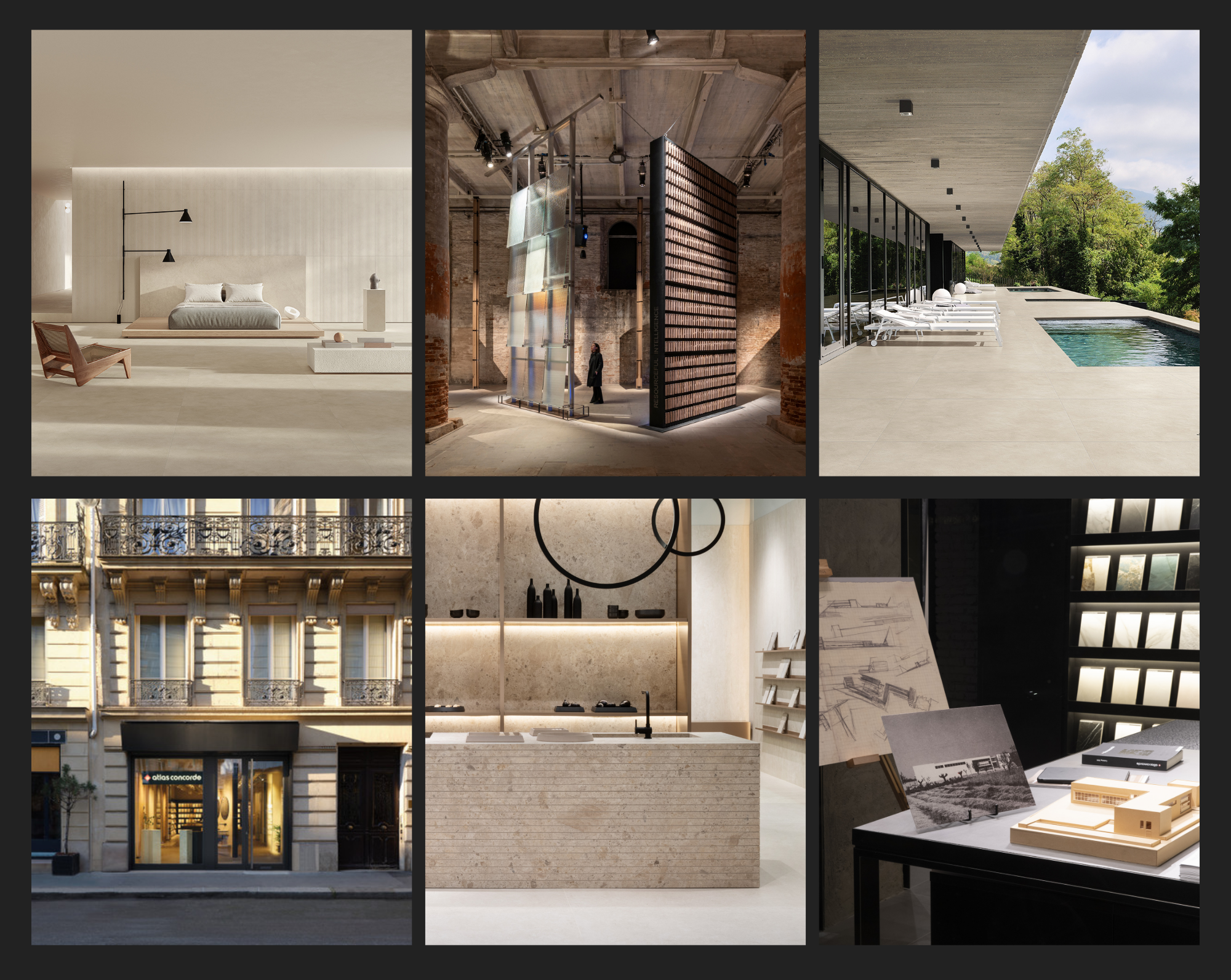

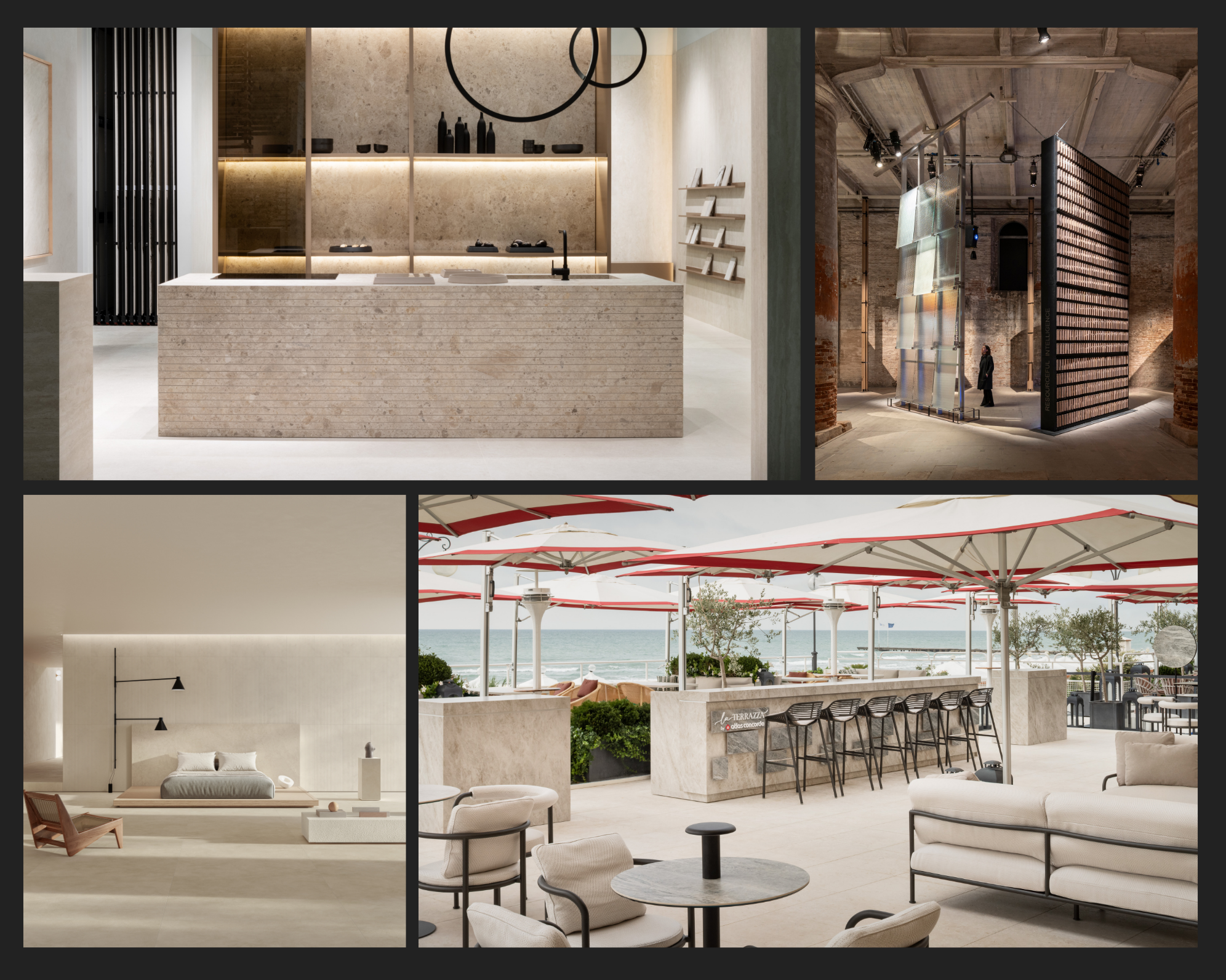
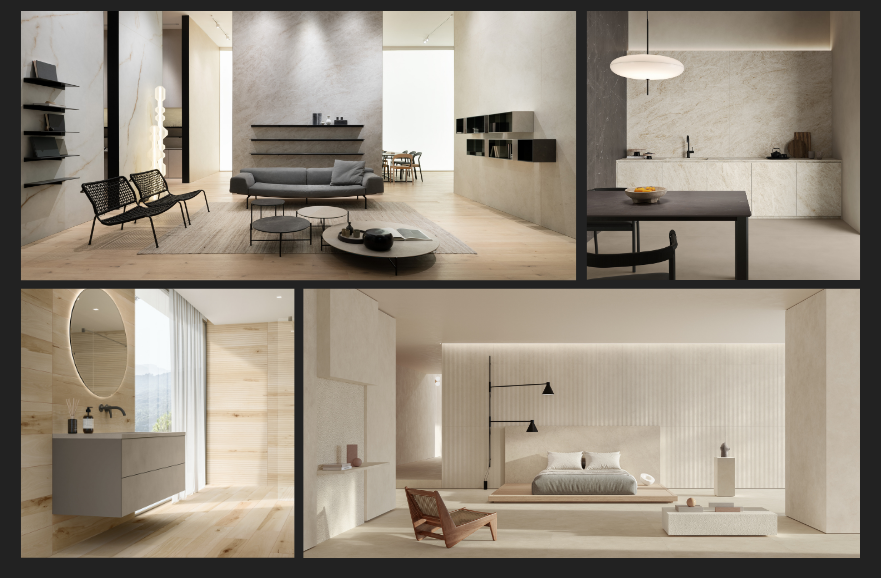
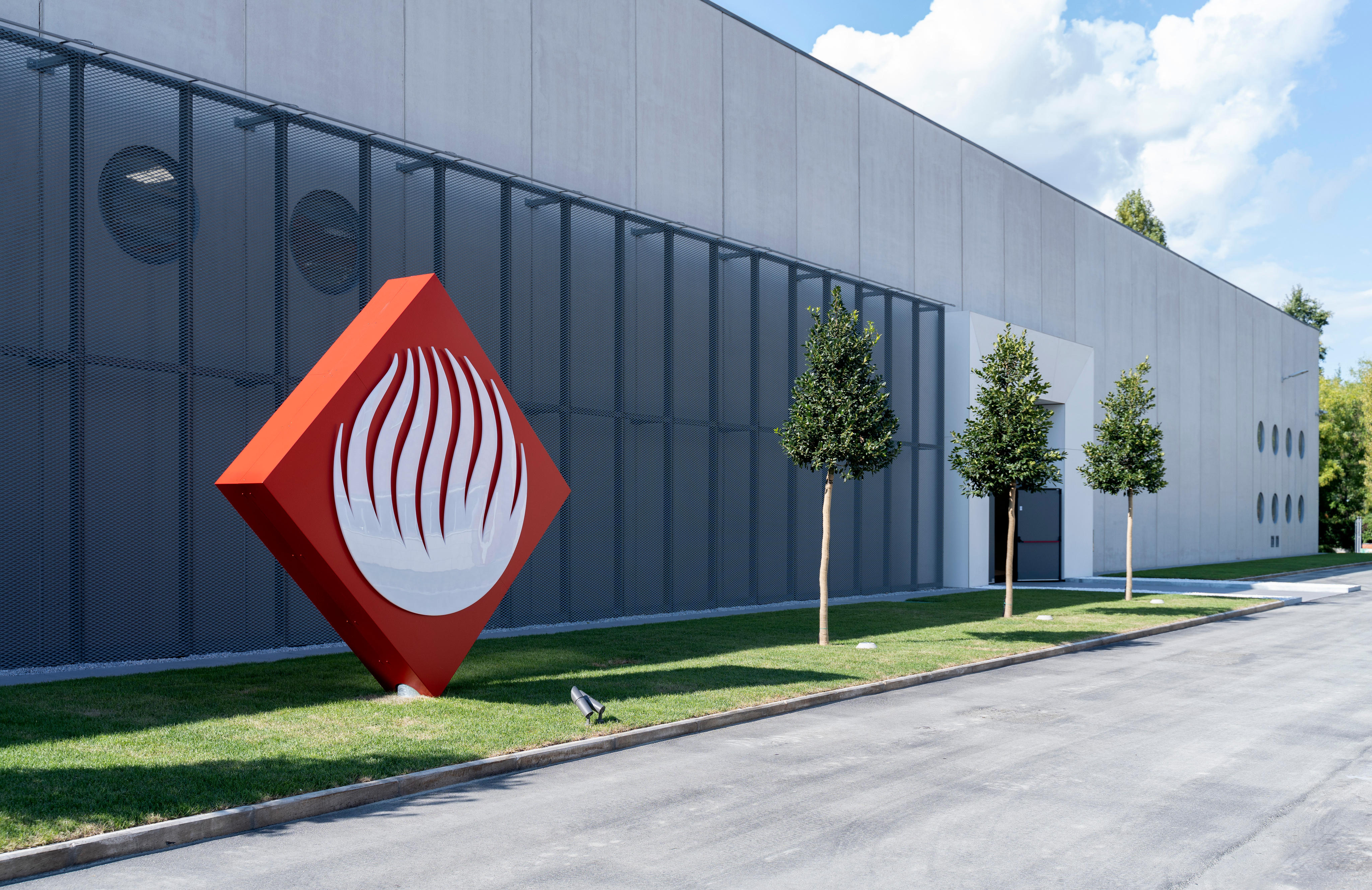
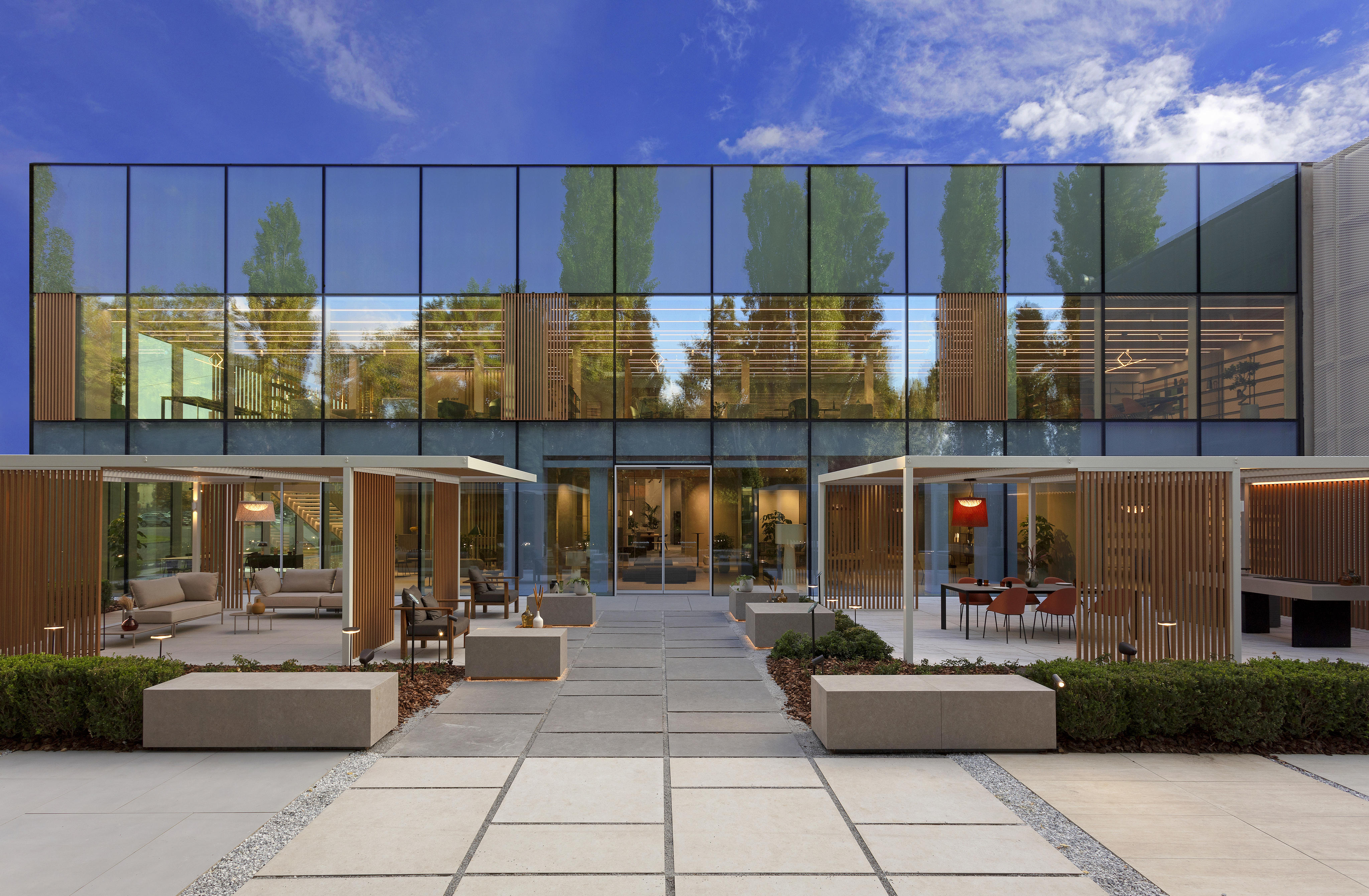

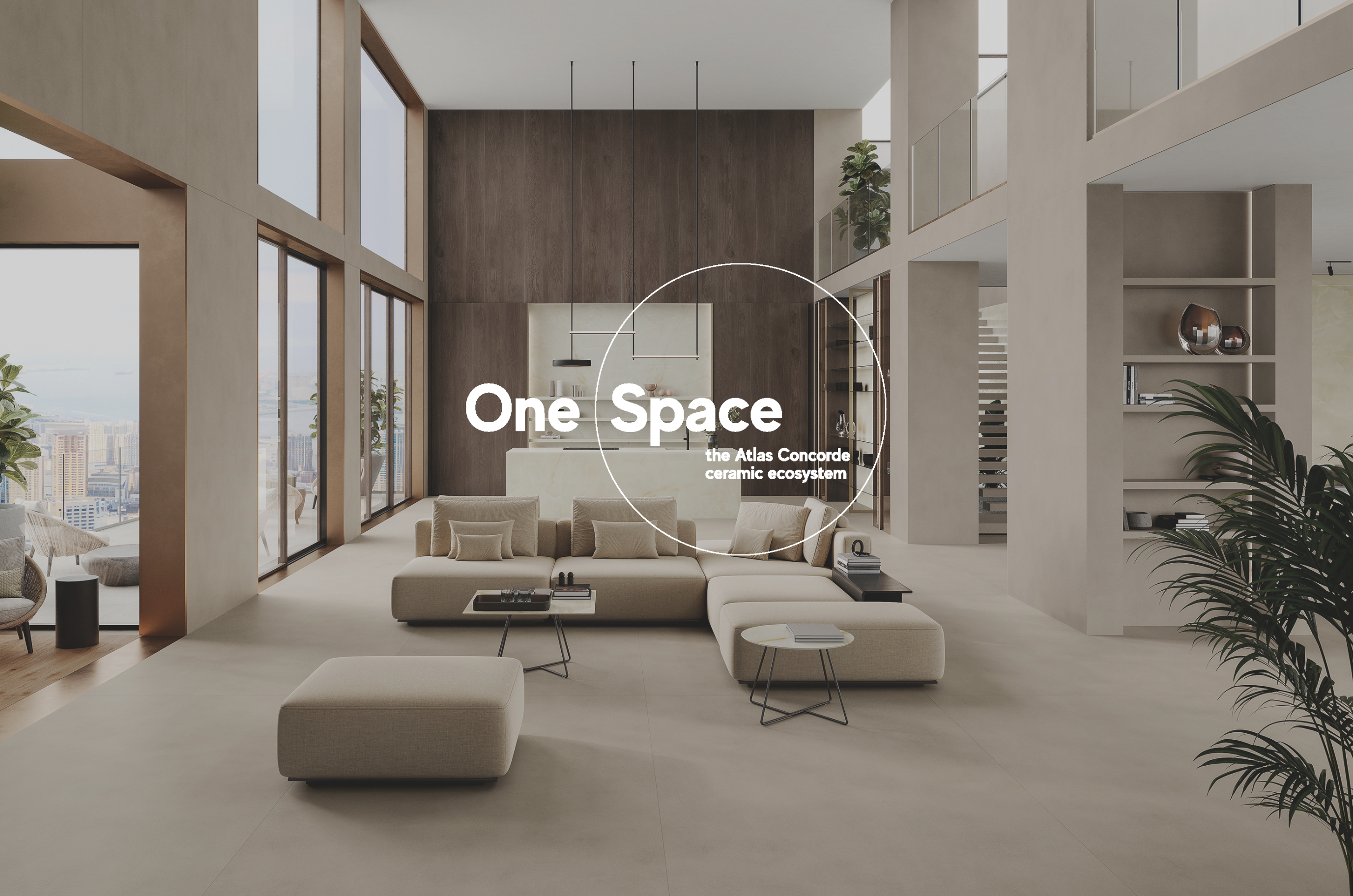



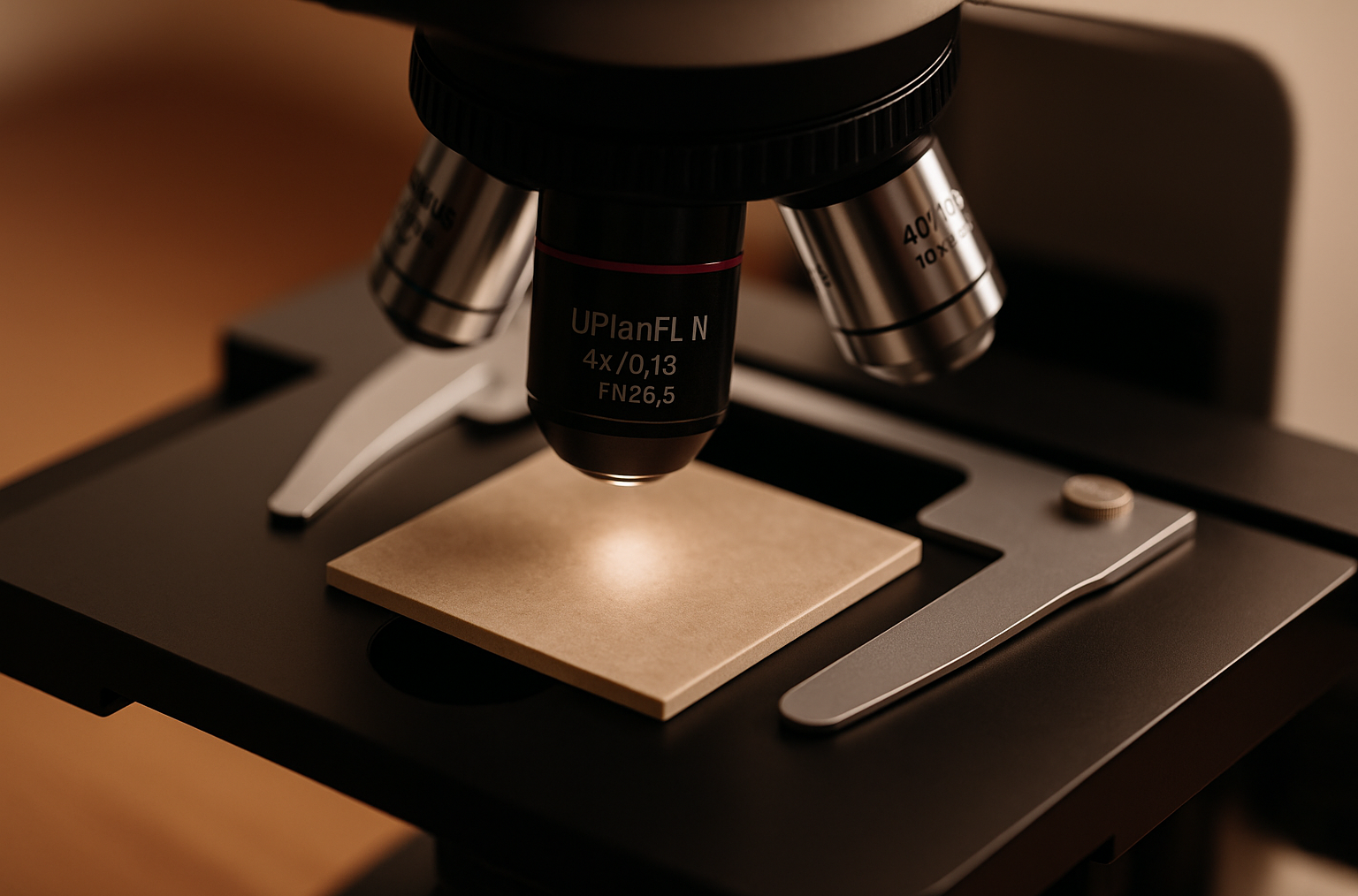

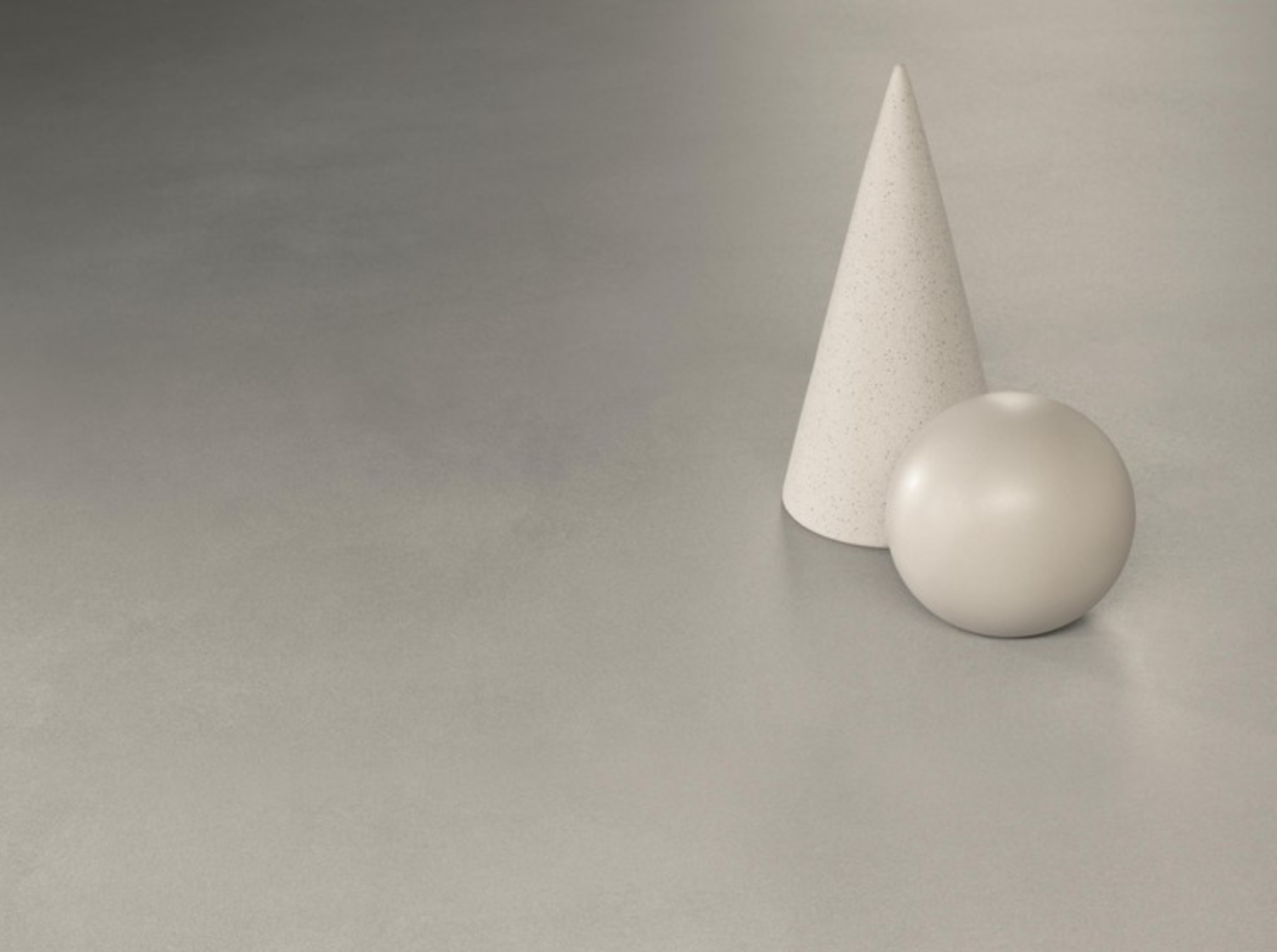
.tif?cropw=4036.303976681241&croph=2705.4159900062464&cropx=59.69602331875912&cropy=25.584009993753906&cropmode=pixel&quality=75#)
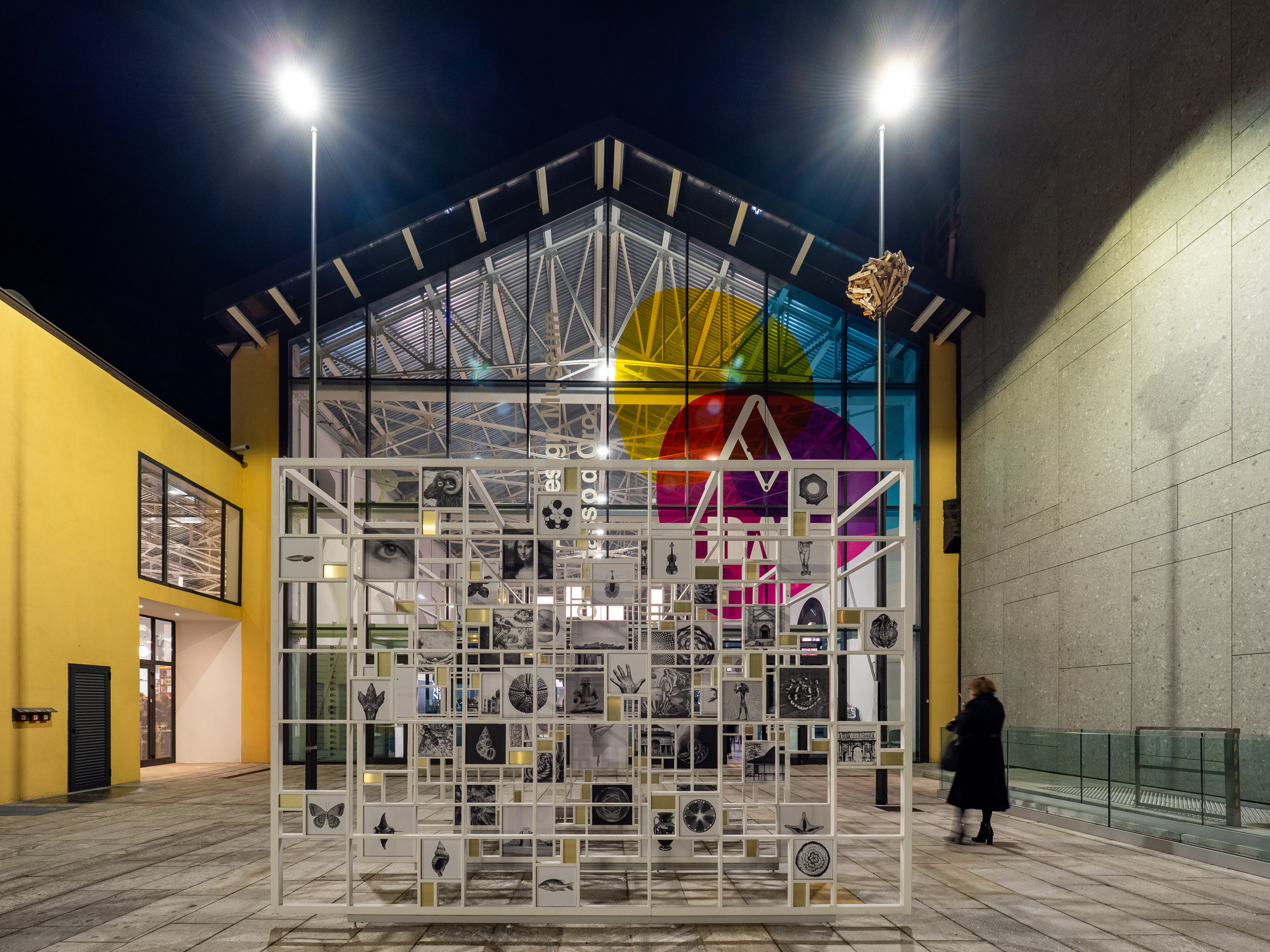.jpg?cropw=4096&croph=2978.1919633562356&cropx=0&cropy=93.80803664376384&cropmode=pixel&quality=75#)

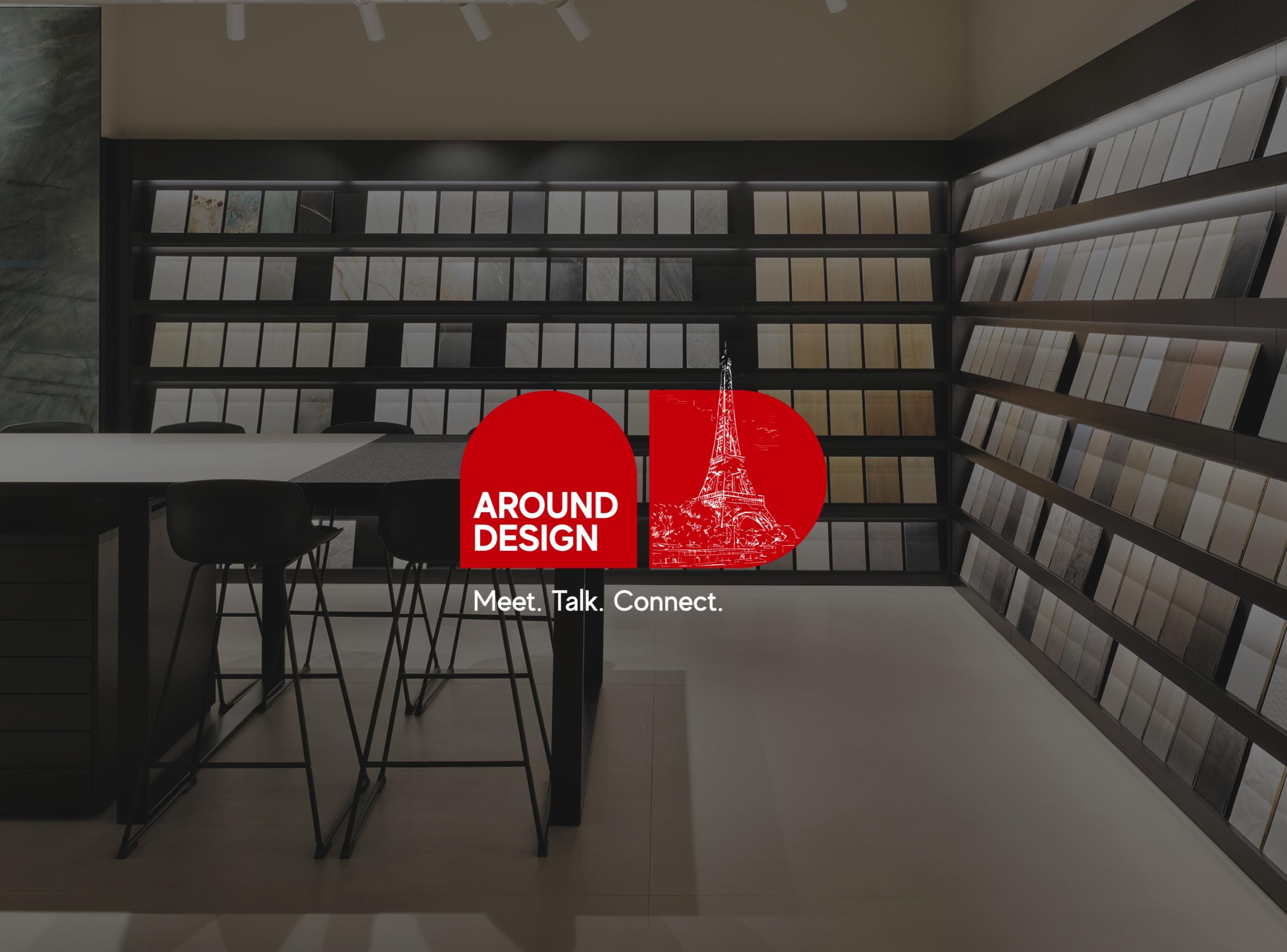
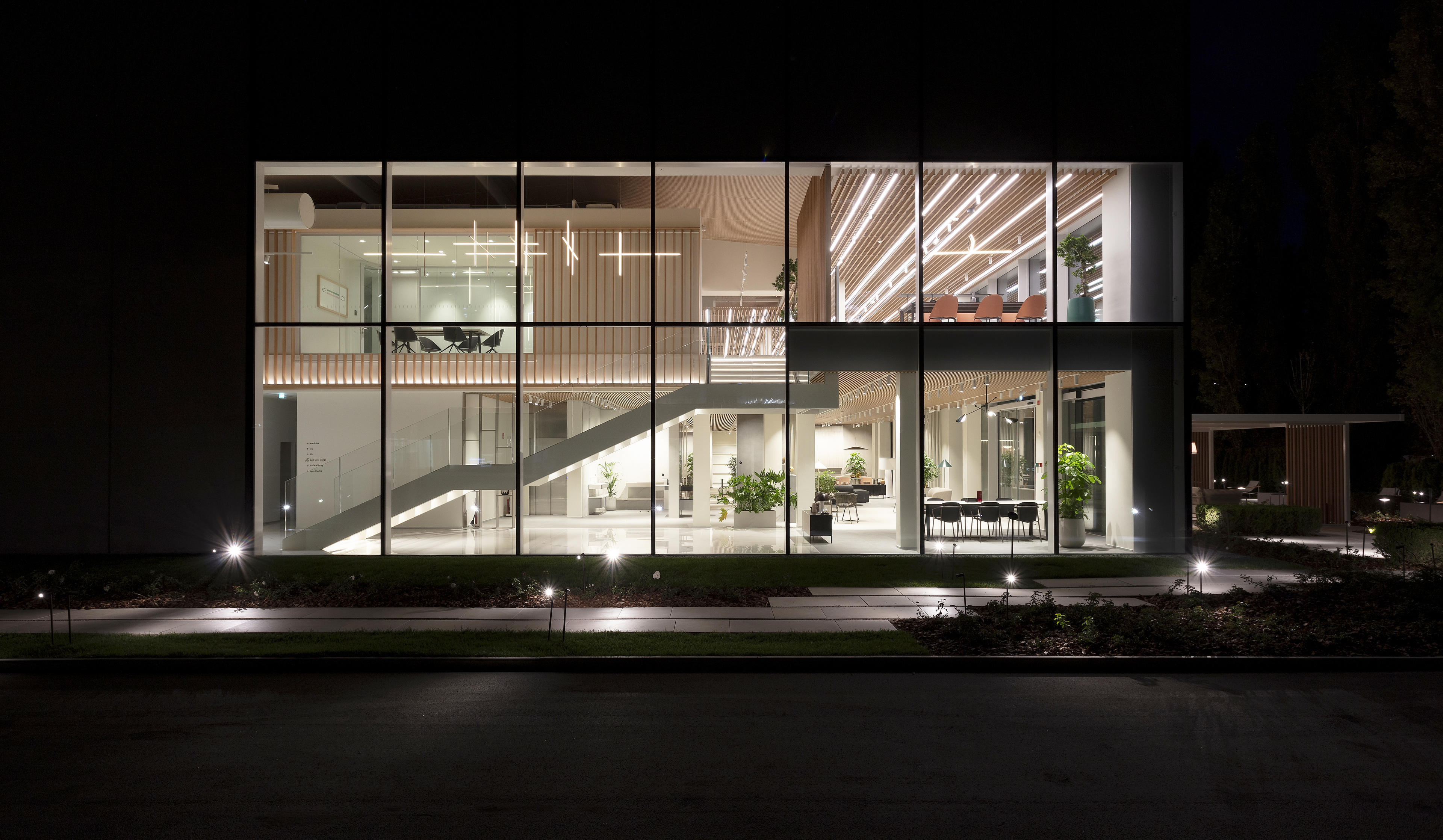
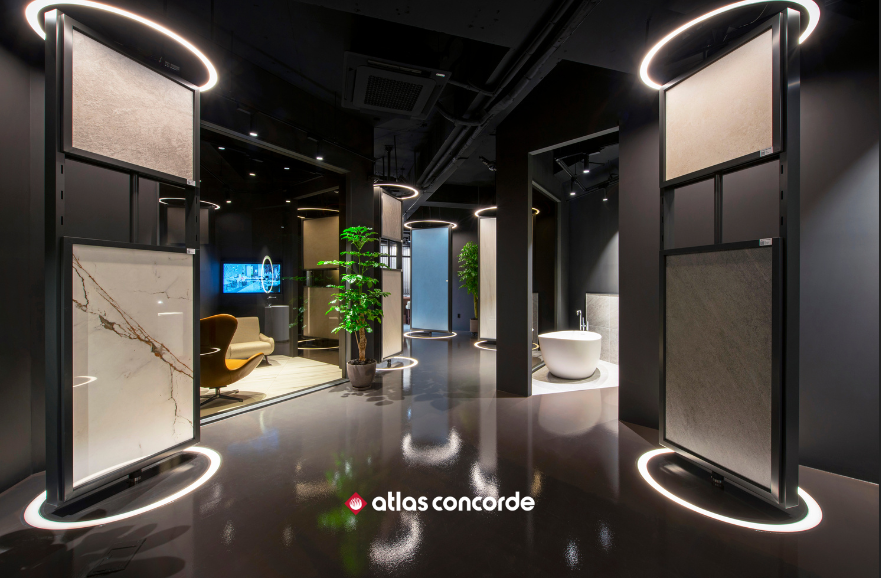
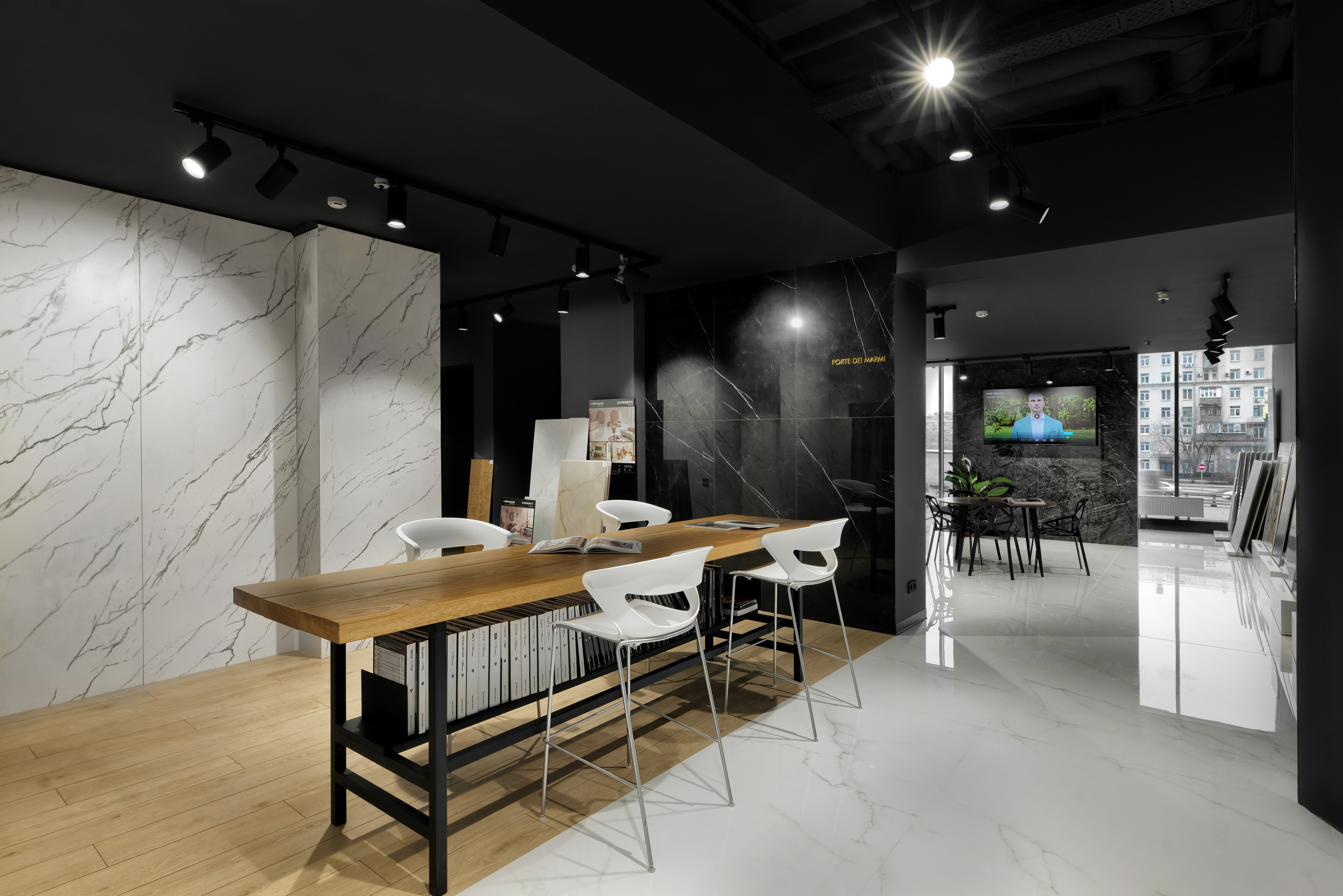.jpg?cropw=4096&croph=2304&cropx=0&cropy=215.39045431878446&cropmode=pixel&quality=75#)

